Useful information/Links:
Quick guide thanks to upontheriversky to get most people started:
QUOTE
1) viscosity at 40 and 100 - the lower the number, the thinner the oil, the better the lubrication. from here, we may sometimes see 0w30 can be much thinner than 10w30.
2) Viscosity index - oil ability to behave at rated viscosity at wide range of temperatures. Higher number means higher viscosity stability. important for high heat engine - turbos and high rev NA. lower number means, the viscosity will change a lot from what stated at the back of bottle at different oil temperature than 40 and 100 celcius so it is not good.
3) NOACK volatility - oil weight loss due to evaporation, the number is in percentage. the lower the better. important for turbos coz even branded oil may have high NOACK number which contributes to oil evaporation even in no-leak engines. As oil evaporates, the lighter weight will give up first, leaving the heavier oil so oil becomes thicker and less performance.
4) High temp/high shear viscosity - oil ability to sustain the mentioned condition, the higher the better. most important for turbos and racing engines.
5) Total Base Number - this is the most important feature for all average users like me to see whether the oil can actually be used for long time or not. this is the reserved alkalinity to resist fuel dilution of engine oil from combustion. Fuel dilution makes the oil acidic and therefore oxidized faster. The higher the better. Higher TBN also usually means the oil has lots of detergent which is good for engine cleanliness. Amsoil has the highest as far as i know. So there is no need for rigid classification of fully syn has to be changed at 10k, semi at 7k and so on, look at the TBN and do ur own comparison. Whatever close to 10 is good, higher is best and lower is so-so only. minimum would be 7-8 as dictated by SAE if im not mistaken
To sum up, 0w20 oil may be very thin but if the Viscosity Index and NOACK is really good, u wont experience as much oil loss or bad engine wear as compared to 10w30 having really bad NOACK and Viscosity Index. The specs are there, we just need to learn how to interpret so that we can all stop beating the bush when it comes to what oil is suitable for our application.
For enthusiast/speed chaser:
- pay attention to all specs mentioned above
For average daily drive and normal maintenance:
- pay particular attention to Total Base Number
If the brand of oil you are comparing does not provide any of the info above, it can simply means that the oil did not pass the test or the test result is not impressive that they hide it so people would still buy. We wont be able to say its bad until we see bad test numbers, so hide it and call it good stuff, people will still buy and call it good. Its all about sales in the end
for example, try see castrol oil spec whether they have half of the specs i mentioned above and see amsoil, redline and torco specs on the web, these branded oil have nothing to hide
2) Viscosity index - oil ability to behave at rated viscosity at wide range of temperatures. Higher number means higher viscosity stability. important for high heat engine - turbos and high rev NA. lower number means, the viscosity will change a lot from what stated at the back of bottle at different oil temperature than 40 and 100 celcius so it is not good.
3) NOACK volatility - oil weight loss due to evaporation, the number is in percentage. the lower the better. important for turbos coz even branded oil may have high NOACK number which contributes to oil evaporation even in no-leak engines. As oil evaporates, the lighter weight will give up first, leaving the heavier oil so oil becomes thicker and less performance.
4) High temp/high shear viscosity - oil ability to sustain the mentioned condition, the higher the better. most important for turbos and racing engines.
5) Total Base Number - this is the most important feature for all average users like me to see whether the oil can actually be used for long time or not. this is the reserved alkalinity to resist fuel dilution of engine oil from combustion. Fuel dilution makes the oil acidic and therefore oxidized faster. The higher the better. Higher TBN also usually means the oil has lots of detergent which is good for engine cleanliness. Amsoil has the highest as far as i know. So there is no need for rigid classification of fully syn has to be changed at 10k, semi at 7k and so on, look at the TBN and do ur own comparison. Whatever close to 10 is good, higher is best and lower is so-so only. minimum would be 7-8 as dictated by SAE if im not mistaken
To sum up, 0w20 oil may be very thin but if the Viscosity Index and NOACK is really good, u wont experience as much oil loss or bad engine wear as compared to 10w30 having really bad NOACK and Viscosity Index. The specs are there, we just need to learn how to interpret so that we can all stop beating the bush when it comes to what oil is suitable for our application.
For enthusiast/speed chaser:
- pay attention to all specs mentioned above
For average daily drive and normal maintenance:
- pay particular attention to Total Base Number
If the brand of oil you are comparing does not provide any of the info above, it can simply means that the oil did not pass the test or the test result is not impressive that they hide it so people would still buy. We wont be able to say its bad until we see bad test numbers, so hide it and call it good stuff, people will still buy and call it good. Its all about sales in the end
for example, try see castrol oil spec whether they have half of the specs i mentioned above and see amsoil, redline and torco specs on the web, these branded oil have nothing to hide
The above is exactly why i stress on proper certification (eg: API) and proper lab analysis/testing/data sheets/technical specs.
Wiki on Engine Oil
http://en.wikipedia.org/wiki/Motor_oil
API specifications
http://www.api.org/certification-programs/...NGLISH_2013.pdf
http://www.oilspecifications.org/api_eolcs.php
API Engine Oil Classifications (from infineum)
https://www.infineum.com/media/80723/api-en...sifications.pdf
How much does it cost/royalty fee to get an engine oil certified?
Full documentation on API Licensing/certification/tests
ILSAC GF-5 specifications:
http://www.gf-5.com/uploads/File/ILSAC_GF-...22-09_final.pdf
http://www.gf-5.com/uploads/File/Final-GF5...ent-1-23-08.pdf
http://www.gf-5.com/uploads/File/API%20SN%20Discussion.pdf
PQI America (good site with oil analysis from EO bought off shelves at random)
http://www.pqiamerica.com/
http://www.pqiamerica.com/resourceroom/apiserviceclass.html
Car bible
http://www.carbibles.com/engineoil_bible.html
BITOG (bob is the oil guy website/forums)
http://www.bobistheoilguy.com/
http://www.bobistheoilguy.com/forums/ubbthreads.php?ubb=cfrm
oil shearing:
http://www.bobistheoilguy.com/oilshear.htm
viscosity:
http://www.bobistheoilguy.com/putting-the-...into-viscosity/
esters:
http://www.bobistheoilguy.com/esters-in-sy...tic-lubricants/
Acceptable levels of wear/guides on oil analysis
http://www.bobistheoilguy.com/whatisoilanalysis.htm
Blackstone Labs - one of the more popular labs used by many BITOG members for their oil analysis
http://www.blackstone-labs.com/
explanation on BSL reports:
http://www.blackstone-labs.com/report-explanation.php
API Licencing directory query (very useful to determine whether an Engine oil is actually certified)
https://engineoil.api.org/Directory/EolcsSearch
GM dexos® Certified directory query (very useful to determine whether an Engine oil is actually certified)
https://www.gmdexos.com/index.html
old v1 link:
https://forum.lowyat.net/topic/1438525
nostalgia lane:
https://forum.lowyat.net/topic/2072678
props to upontheriversky upon taking the initiative to learn and debunk on old theories/traditional thoughts.
noticed how many of us were young/unknowing (including myself!)
and this is me staying true to my words
https://forum.lowyat.net/index.php?showtopi...post&p=47469990
some information i have compiled on gear lubrication (for the F5MBB only though):
https://forum.lowyat.net/index.php?showtopi...post&p=66977922
some GTL discussion (shell/pennzoil pureplus):
https://forum.lowyat.net/index.php?showtopi...post&p=68597152
lol esters:
http://en.wikipedia.org/wiki/Ester#List_of_ester_odorants
Motorcycle / Bike Section
main website of JASO:
http://www.jalos.or.jp/
Motorcycle 4T section of JASO:
http://www.jalos.or.jp/onfile/jaso_e-2.htm
JASO certification application manual, includes classification details and test methods etc:
http://www.jalos.or.jp/onfile/pdf/4T_EV1105.pdf
List of JASO certified lubricants:
http://www.jalos.or.jp/onfile/pdf/4T_EV_LIST.pdf
updated 1st February 2016, so most of the previously printed lubricant on the market may not match this list
external information for JASO:
http://www.oilspecifications.org/jaso.php
further details for JASO MA/MB classifications:
http://www.oilspecifications.org/articles/..._MA_JASO_MB.php
Motorcycle / Bike Front fork/Suspensions fluid (or oil) viscosity charts:
http://www.quazacolt.com/bike/suspensions/...m_Transmoto.pdf
http://www.quazacolt.com/bike/suspensions/...ension_oils.pdf
Motorcycle / Bike chain videos:
Myth of chain lube - wear and tear explained:
» Click to show Spoiler - click again to hide... «
WBW chain lube application reviews:
» Click to show Spoiler - click again to hide... «
Chain lube research paper - comparing wax, PTFE, drip oil and un-lubed chain wear:
http://eprints.whiterose.ac.uk/4869/1/leepm7.pdf
bike chain videos and research paper links thanks to forum member alexei
Finally a Motorcycle UOA
Torco T-4SR product page and spec sheet
https://www.torcousa.com/torco_product/t4sr.html
https://www.torcousa.com/technology/T-4SR.pdf
» Click to show Spoiler - click again to hide... «
related post: https://forum.lowyat.net/index.php?showtopi...post&p=92734166
This post has been edited by Quazacolt: Apr 18 2023, 10:17 AM


 Aug 5 2014, 12:10 PM, updated 6 months ago
Aug 5 2014, 12:10 PM, updated 6 months ago
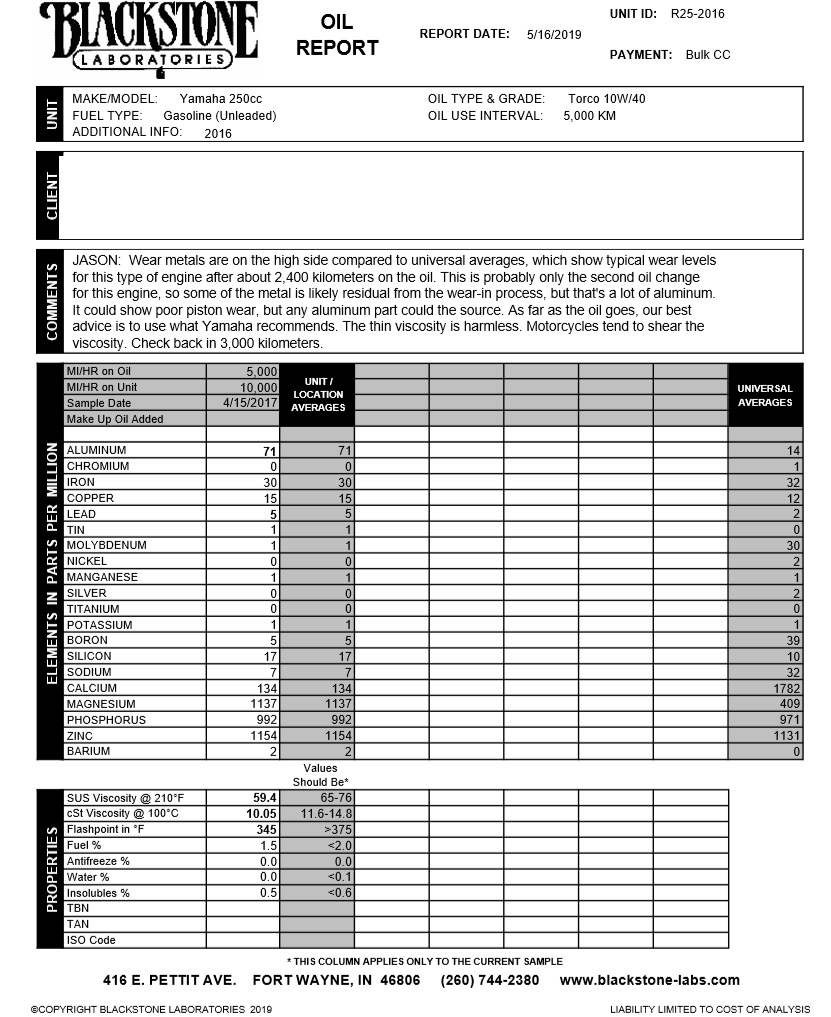
 Quote
Quote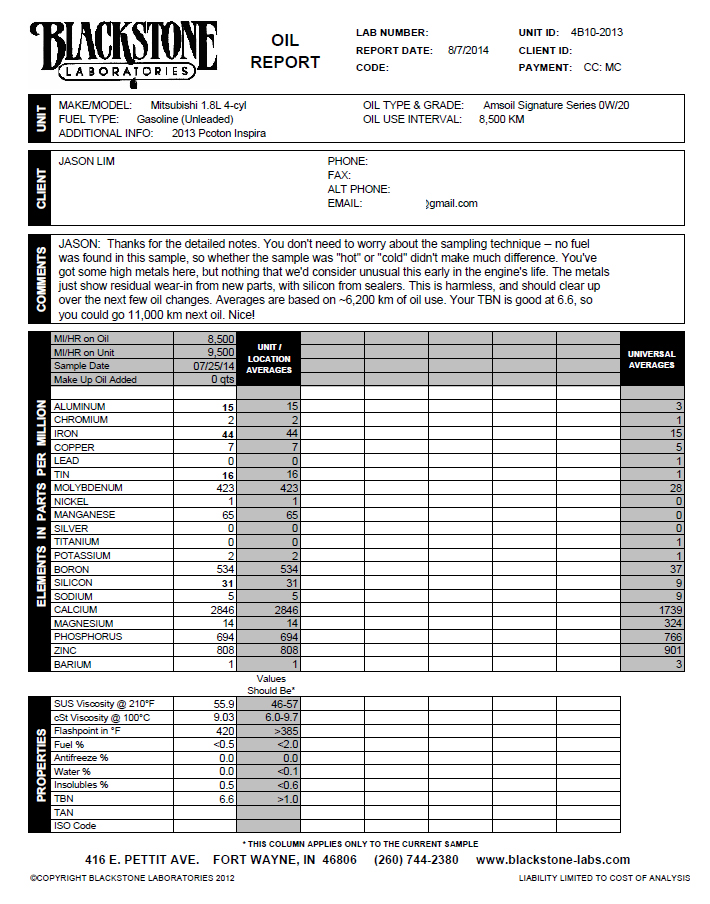
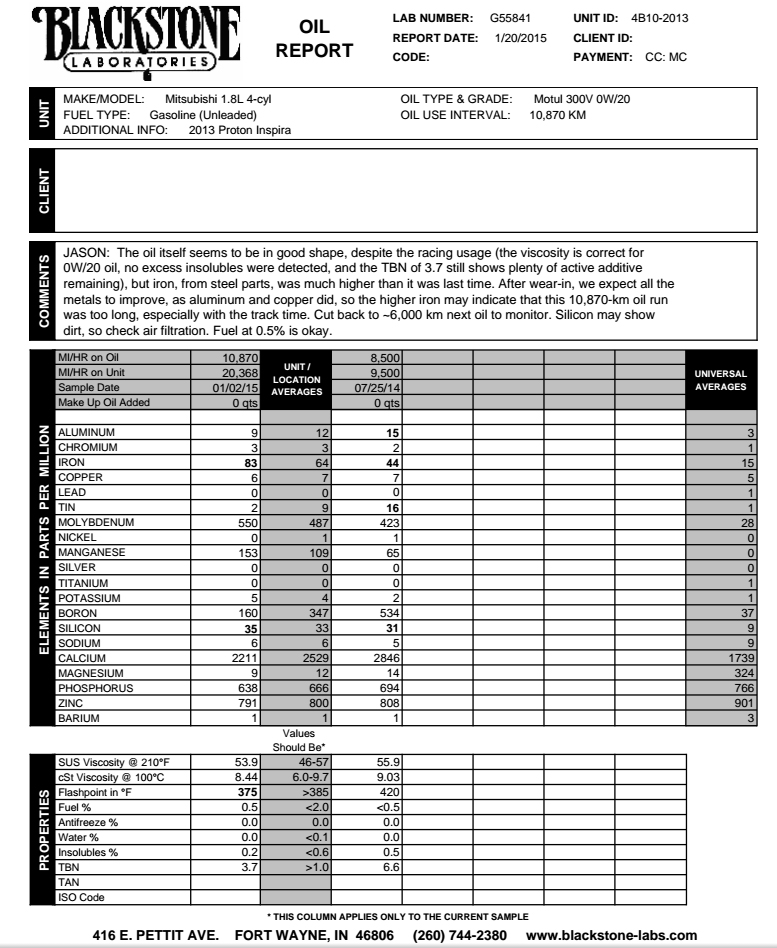
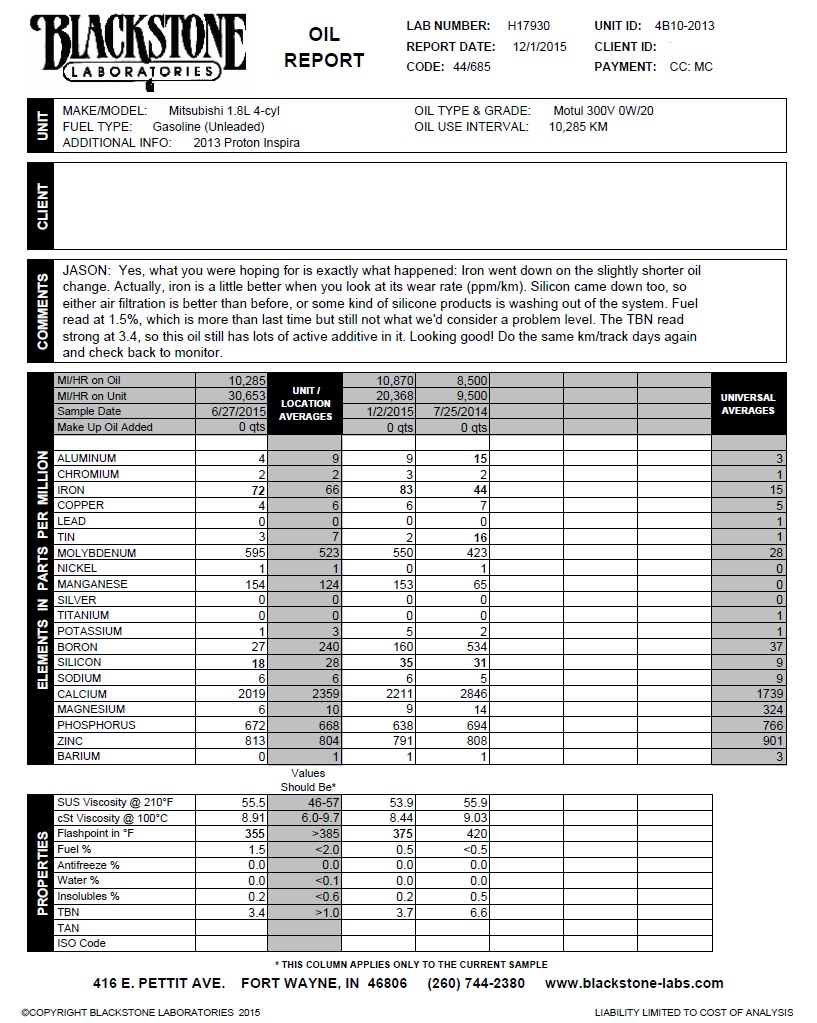
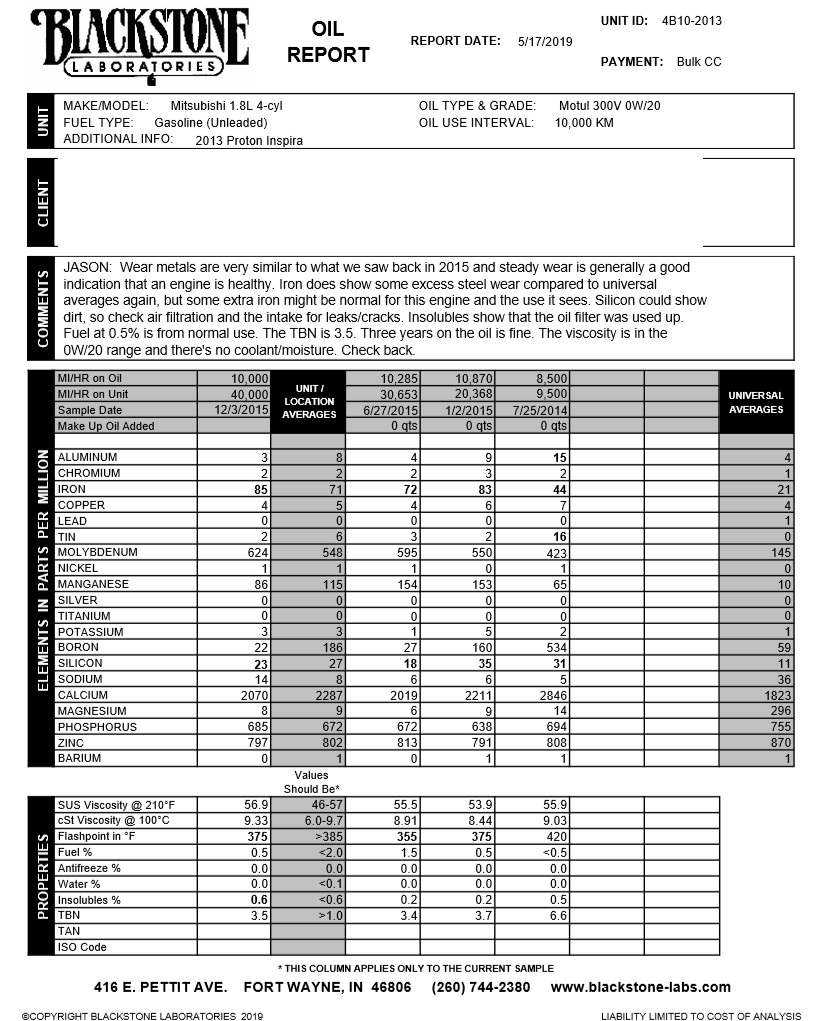
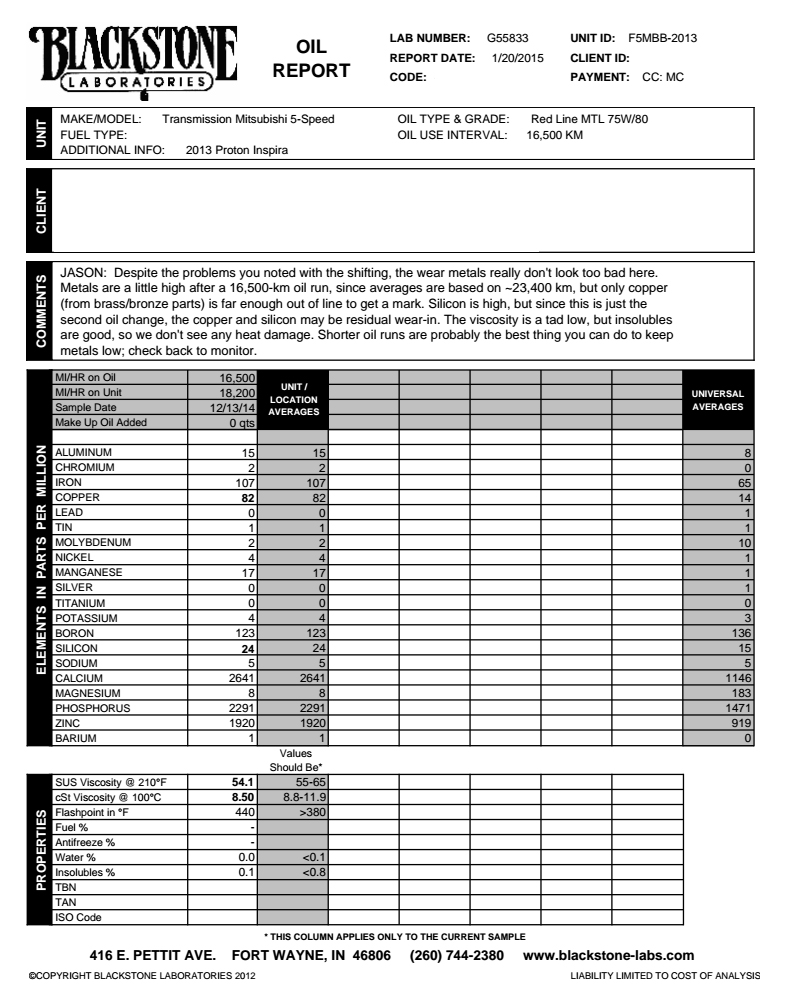
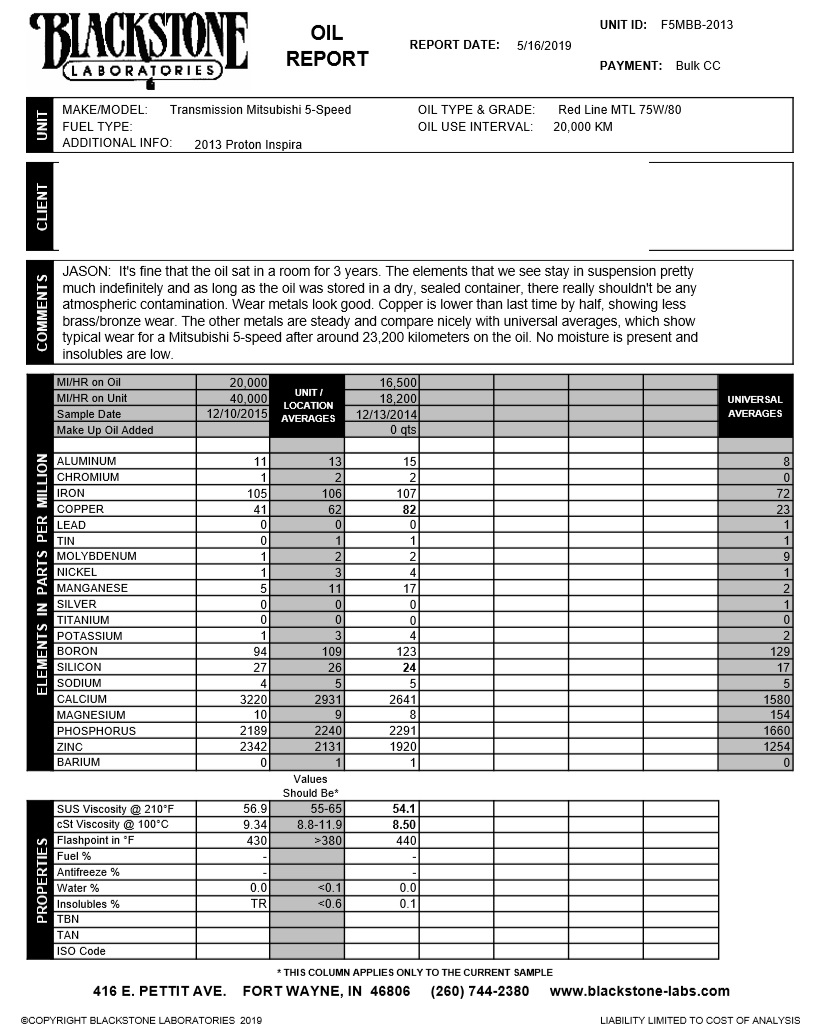


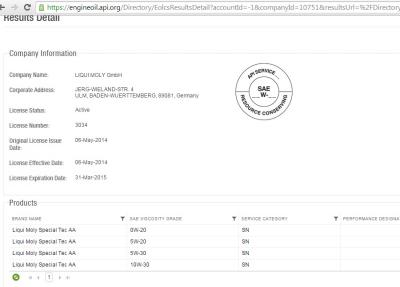
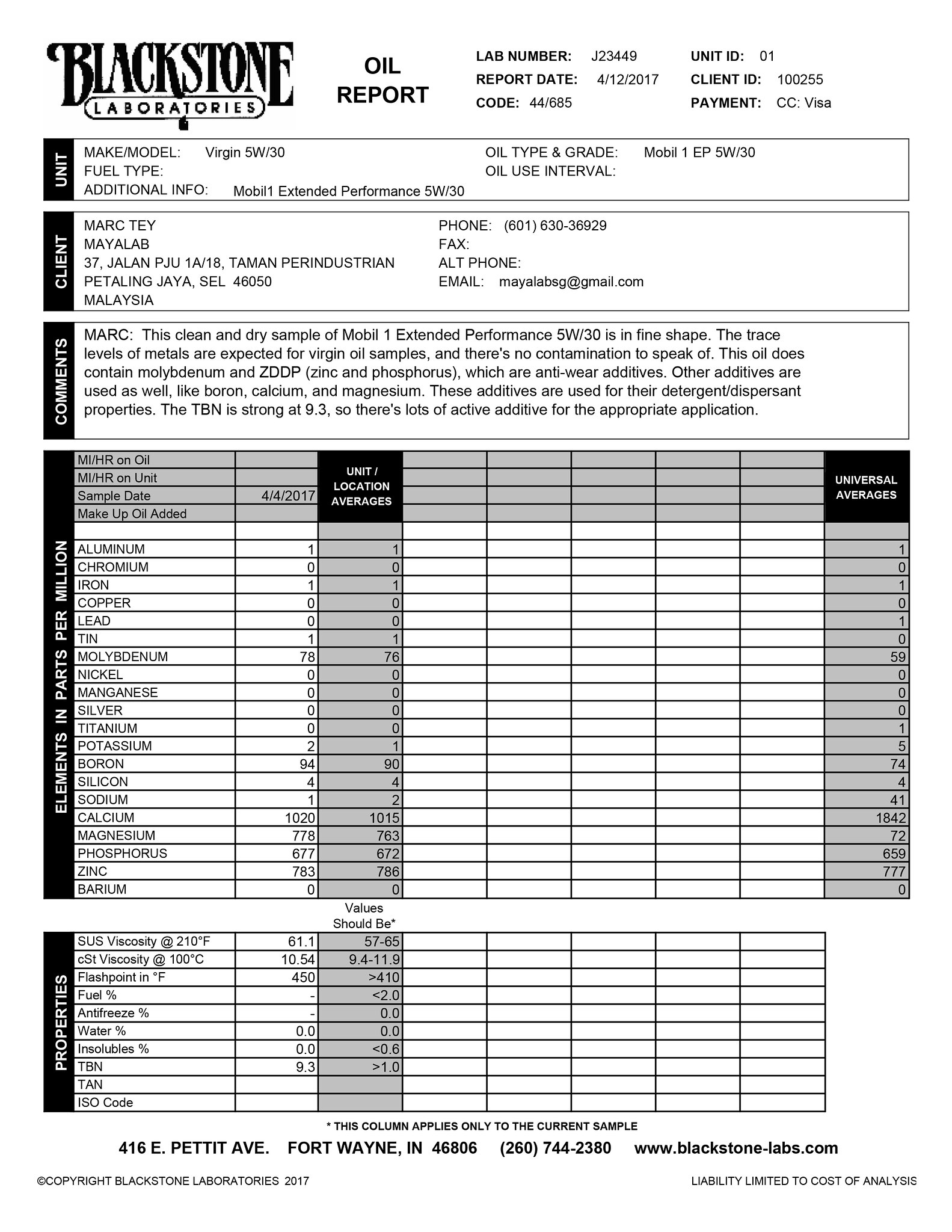
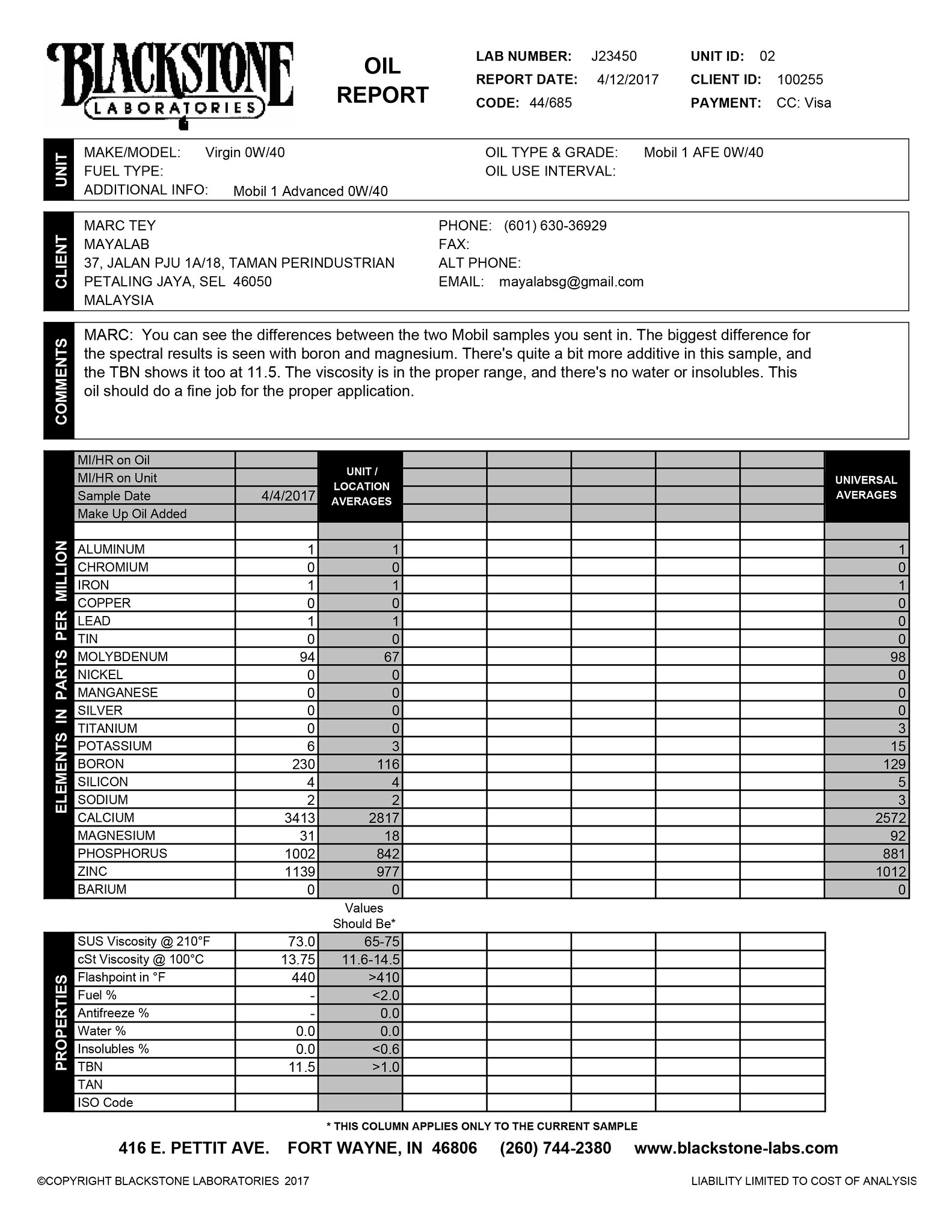
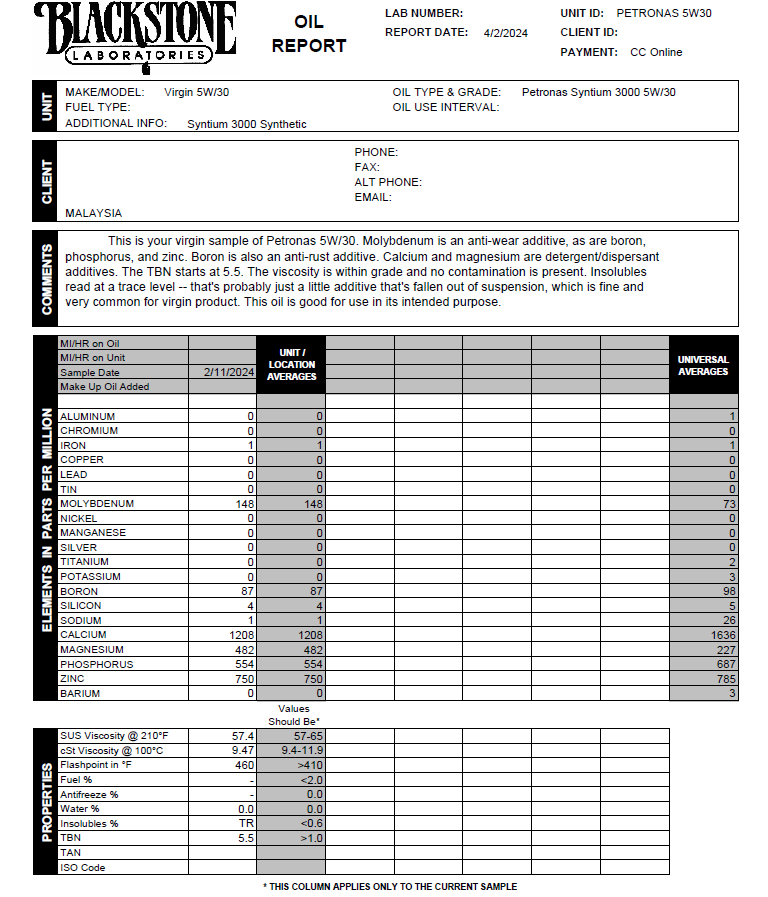
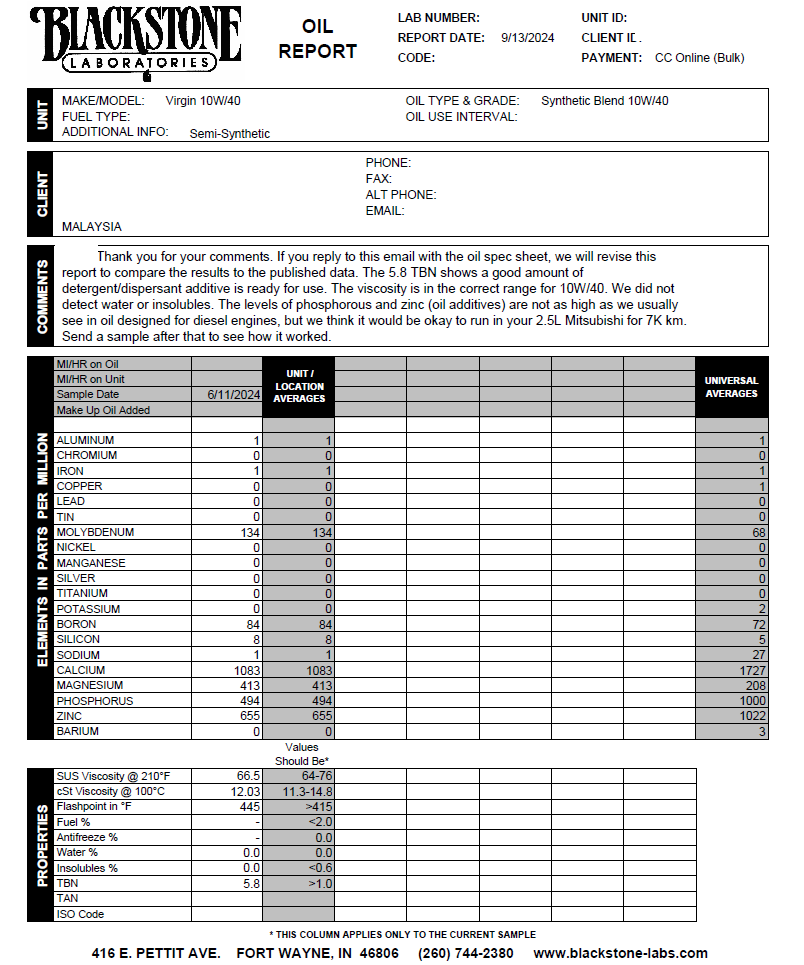
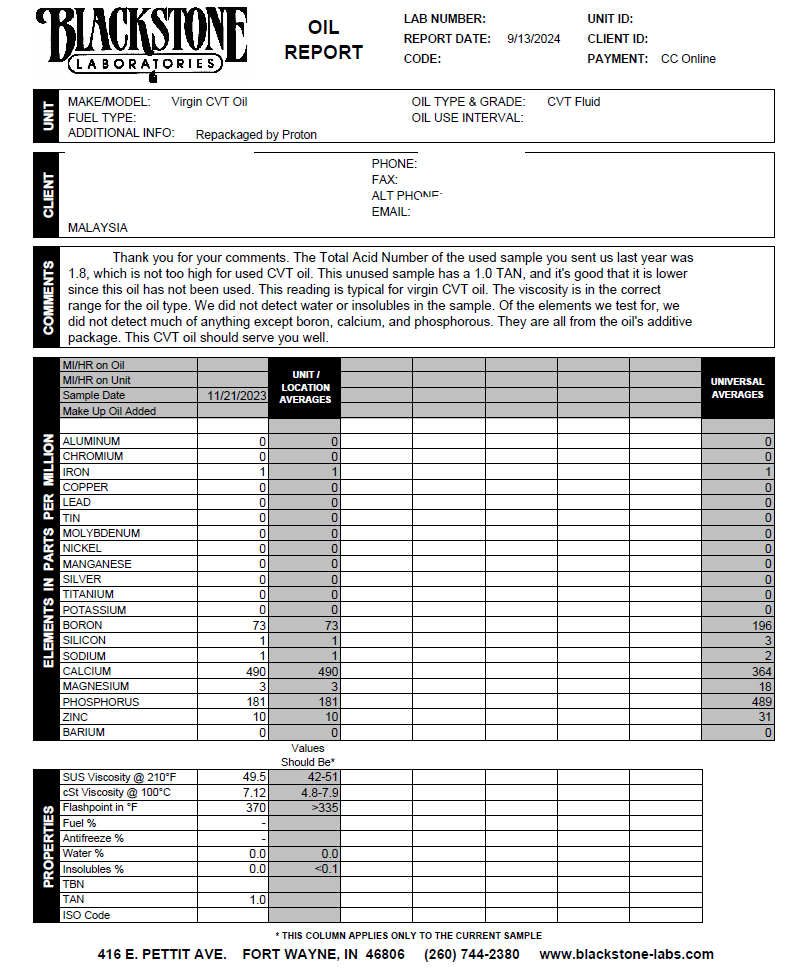
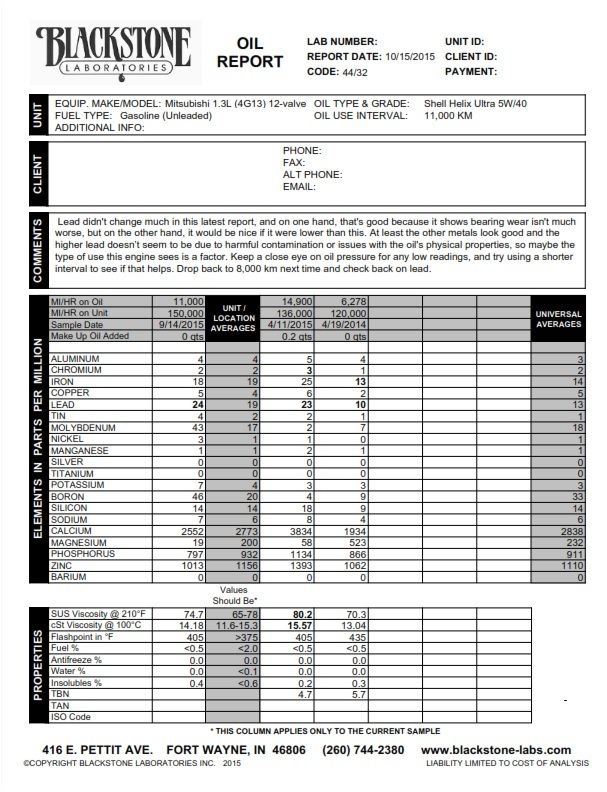
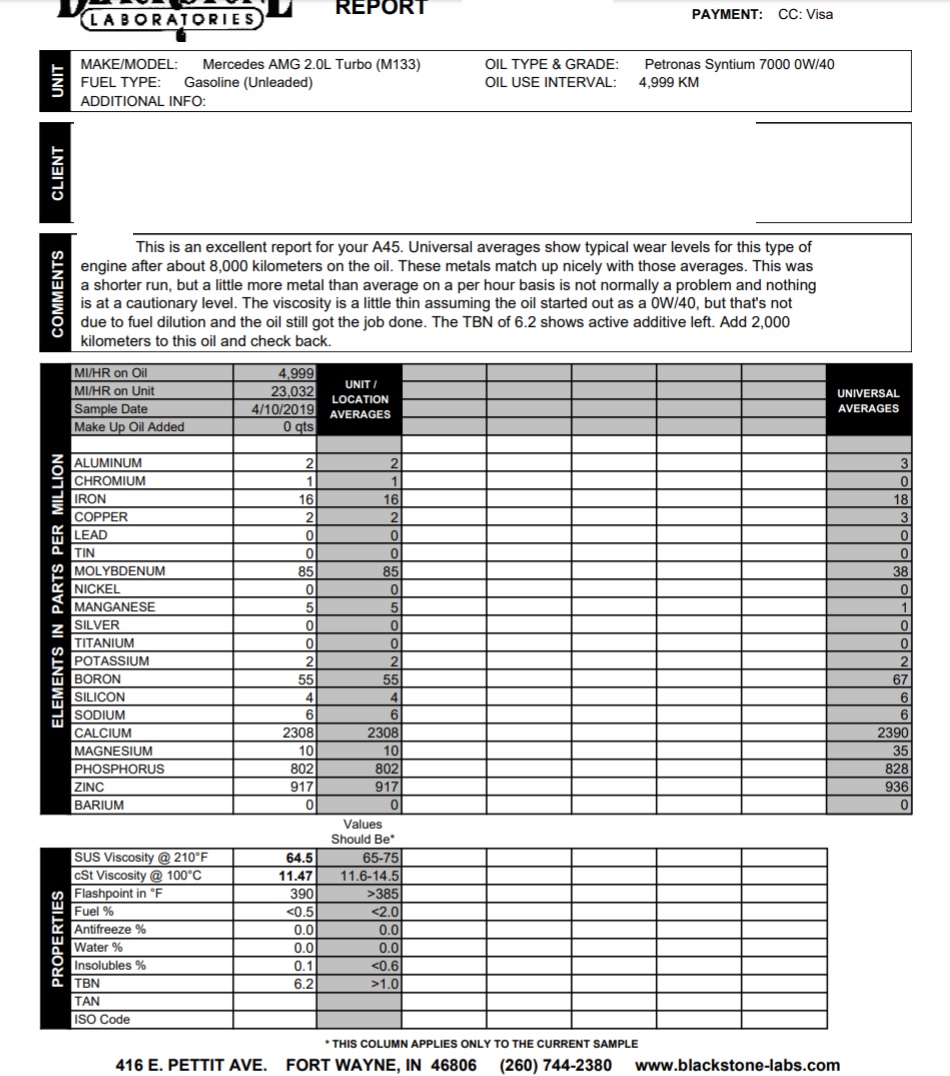
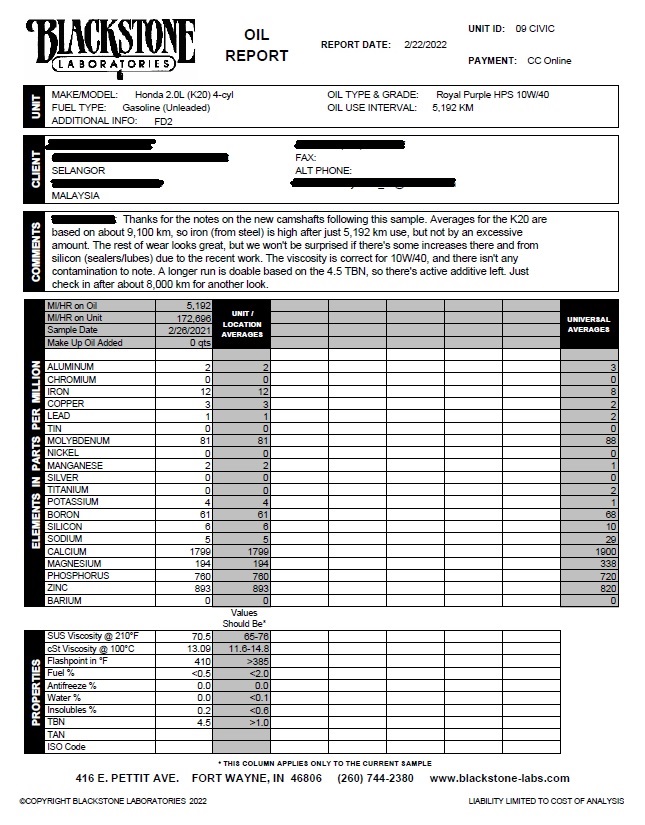
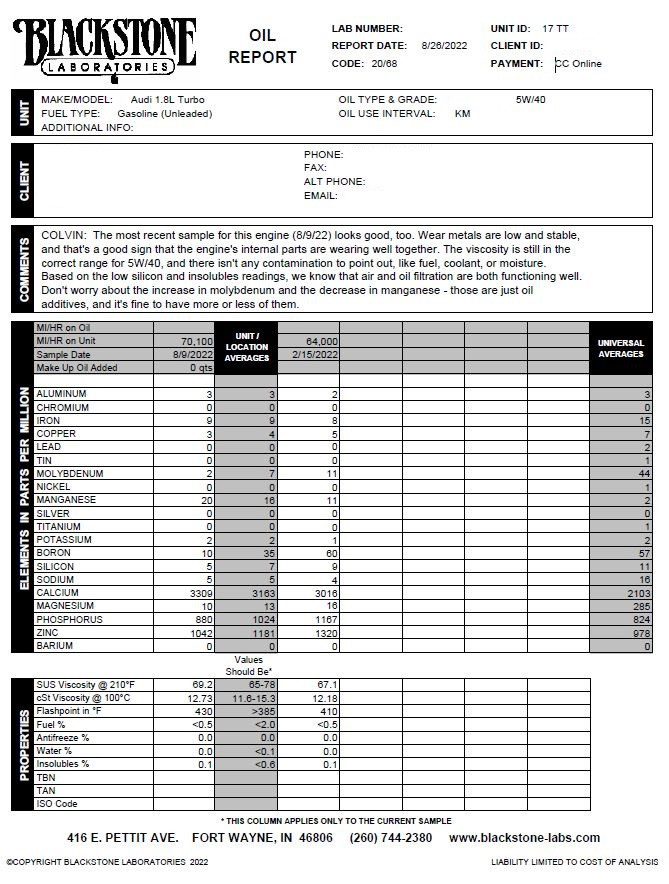
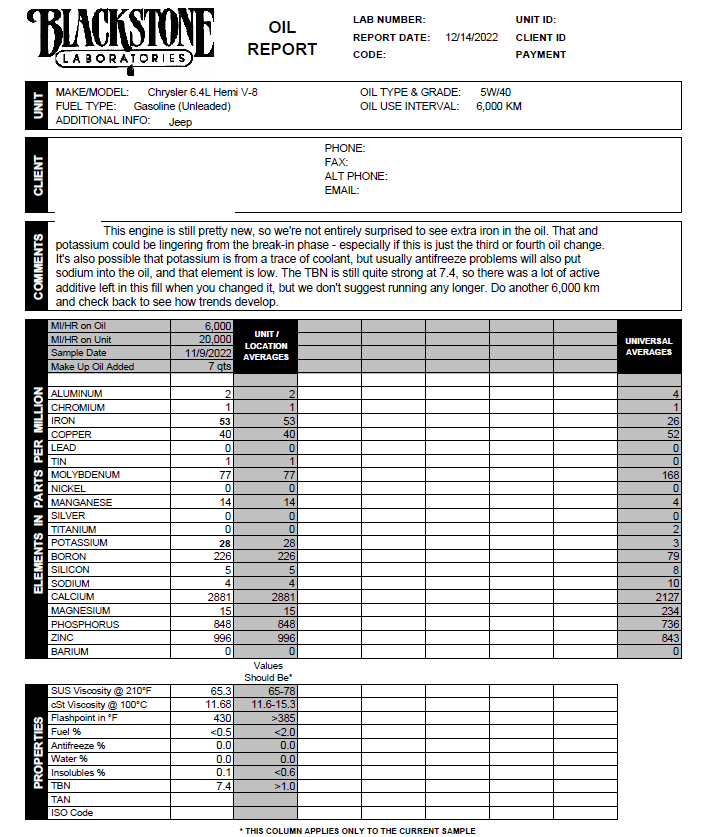
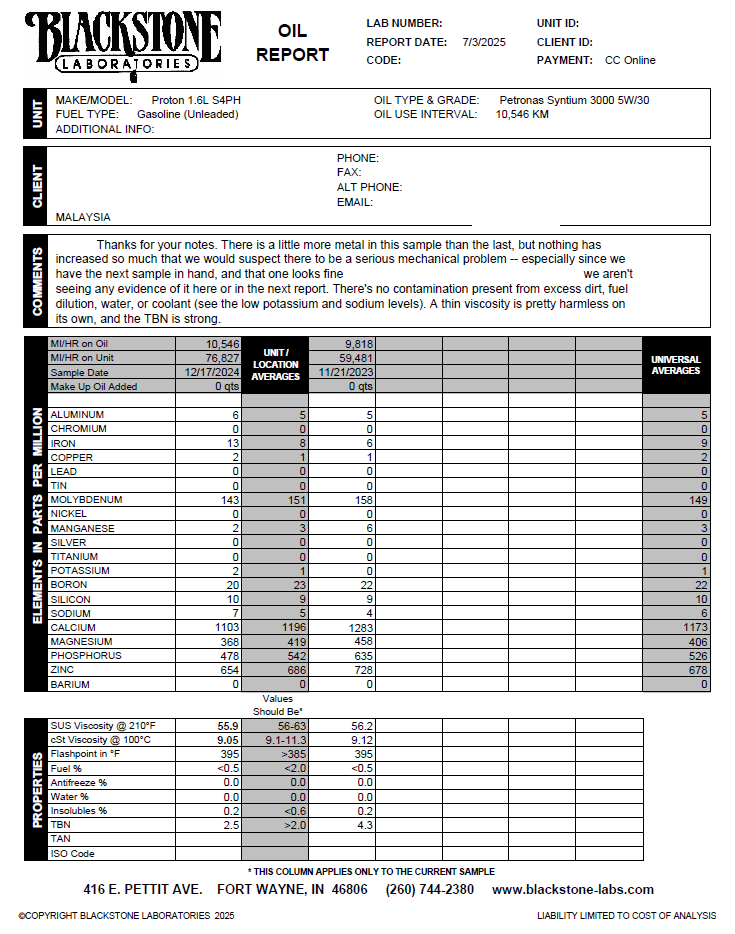
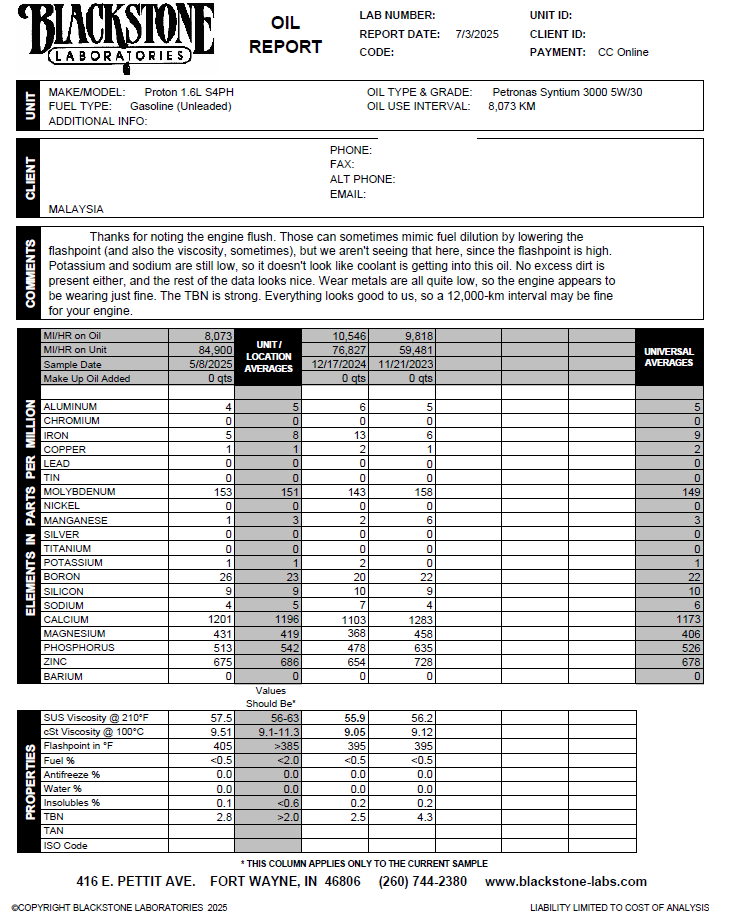
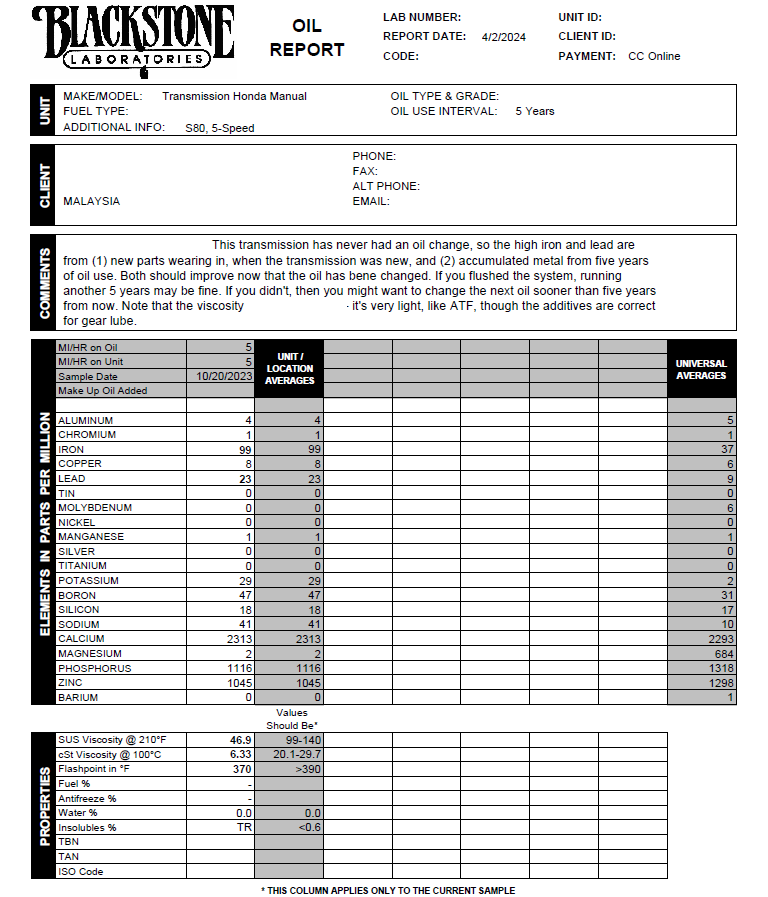
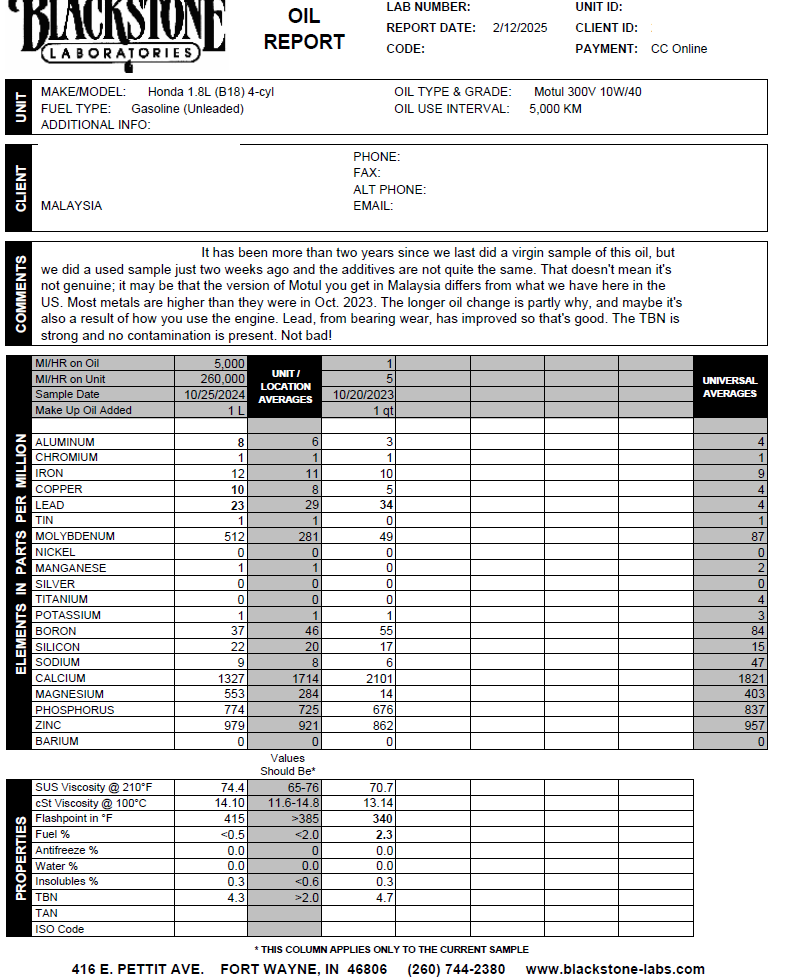
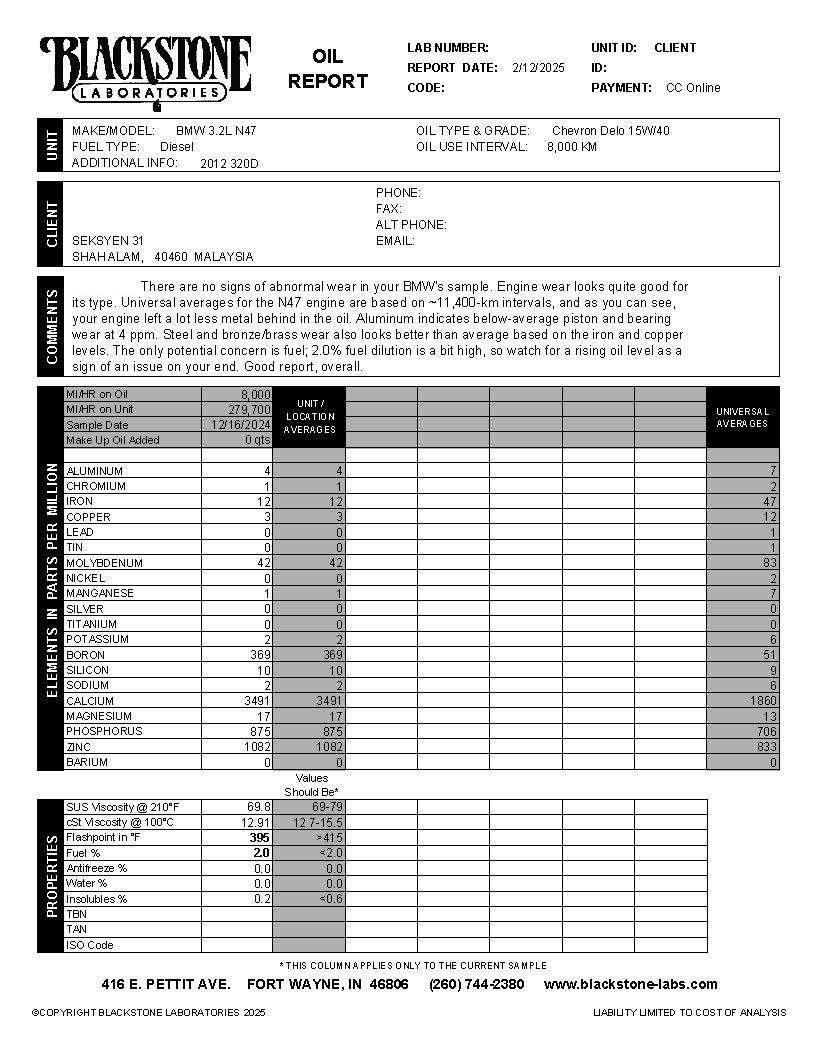
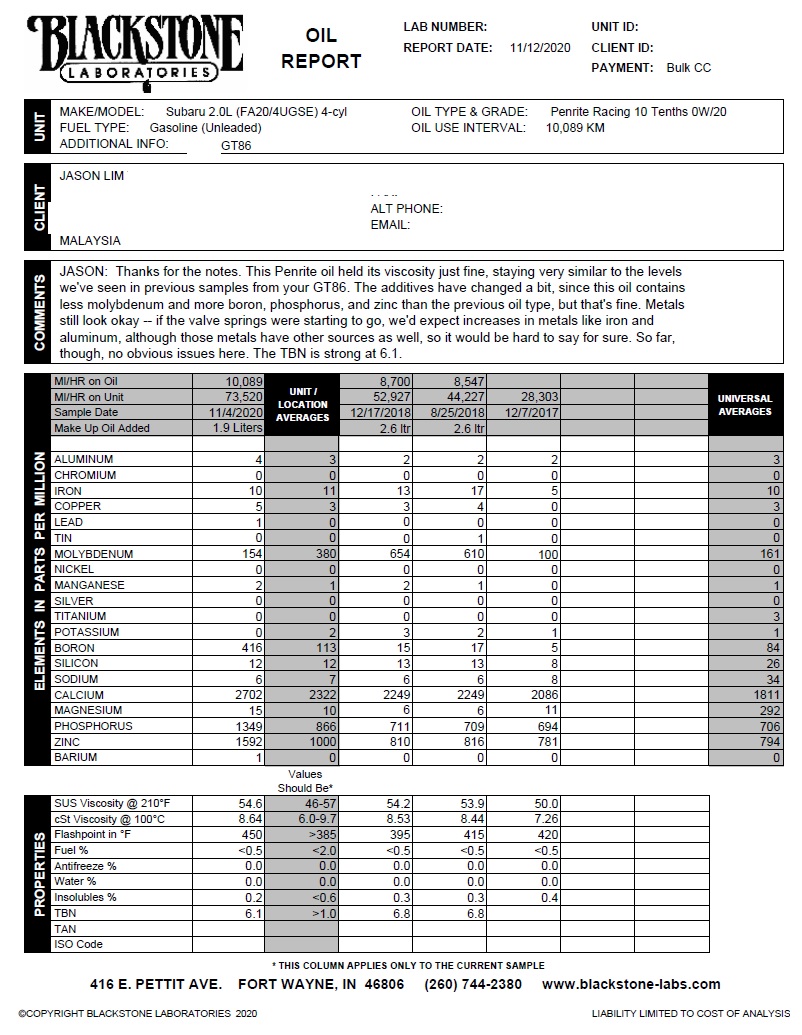
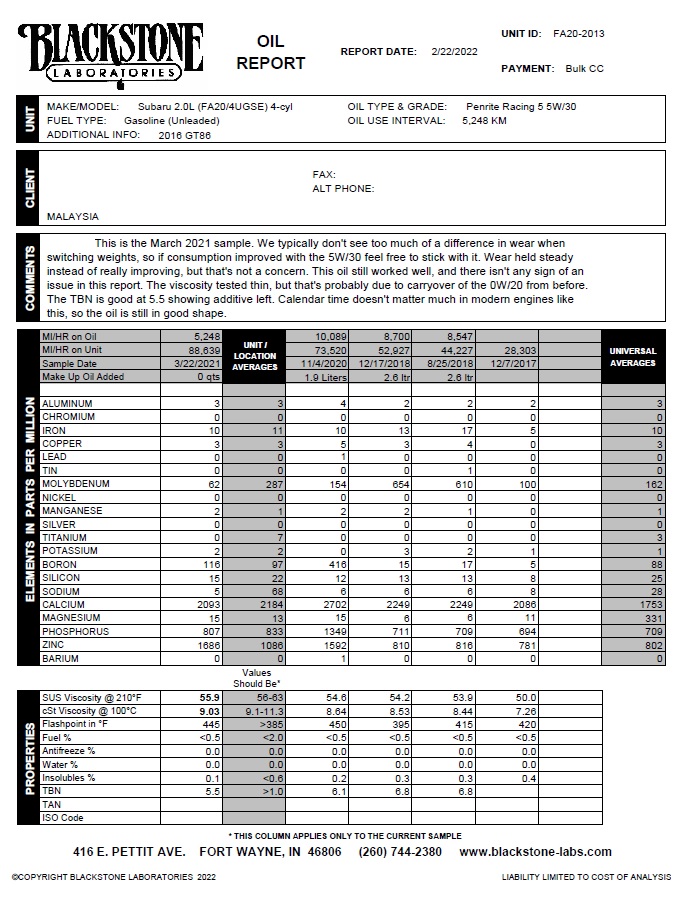
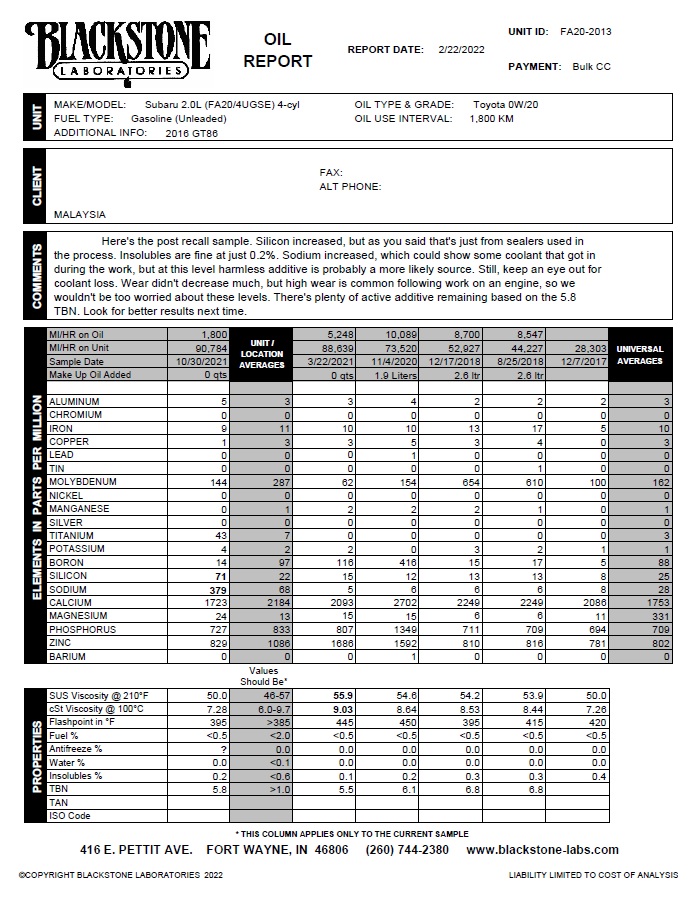
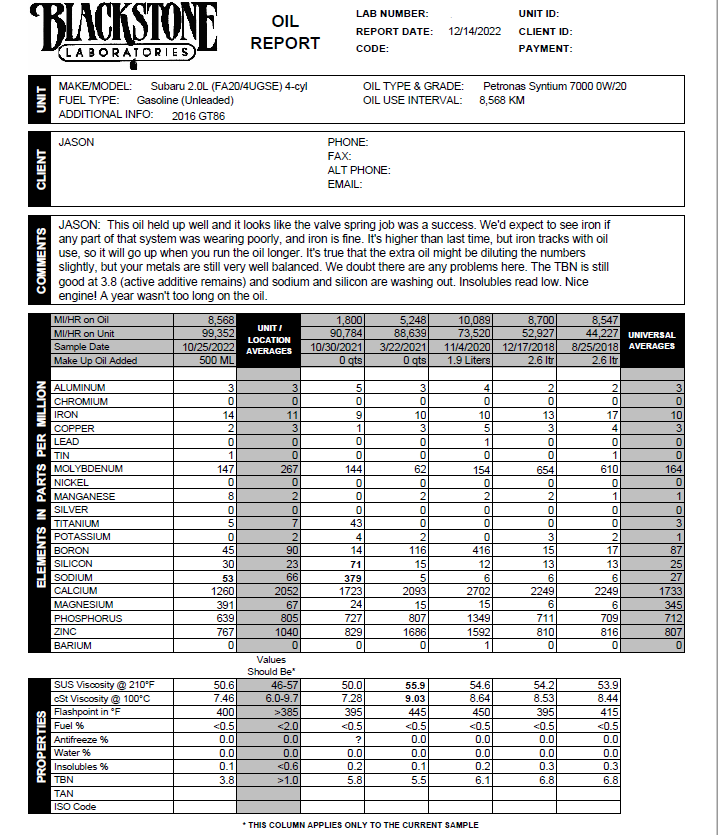
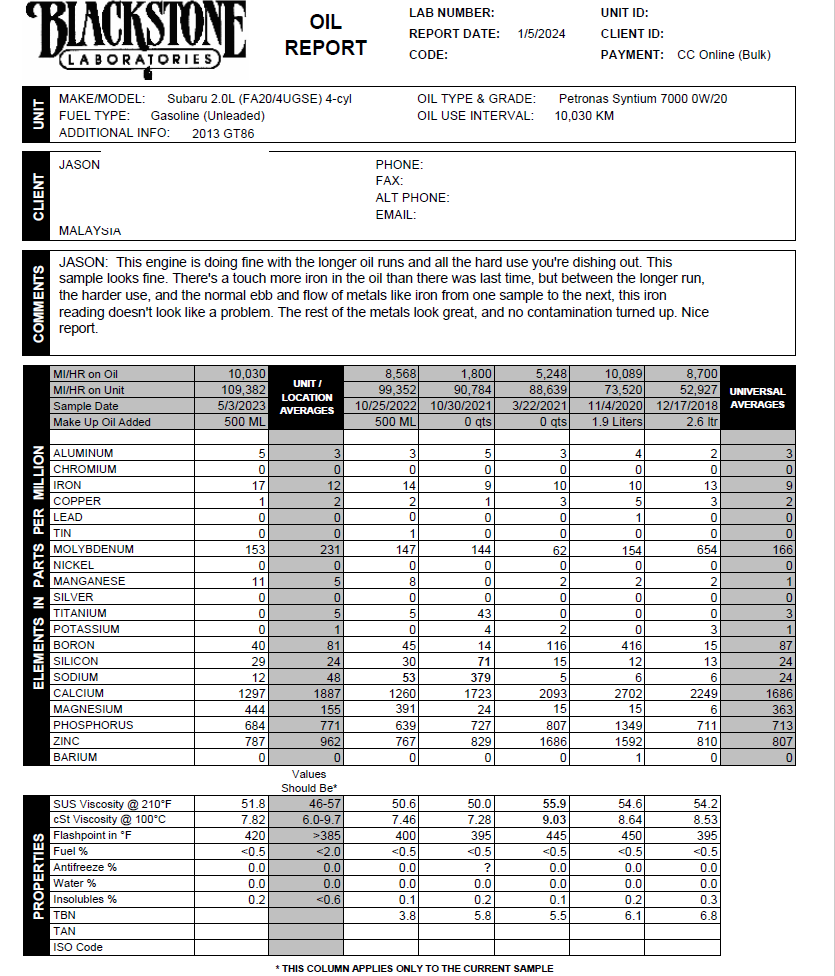
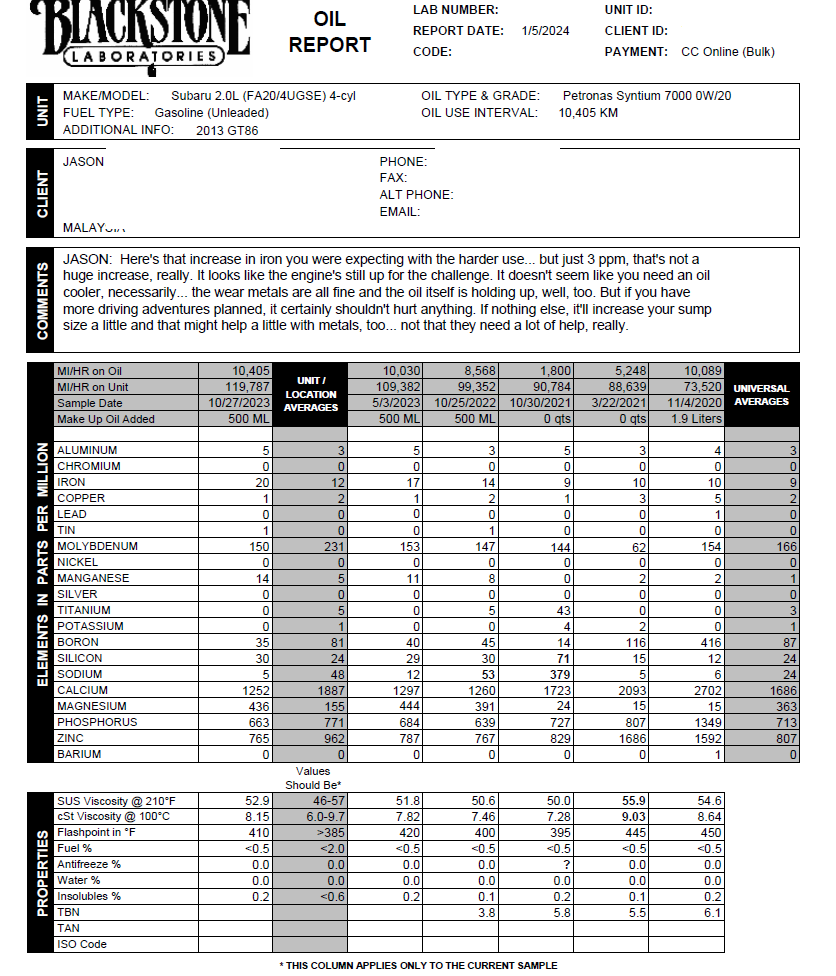
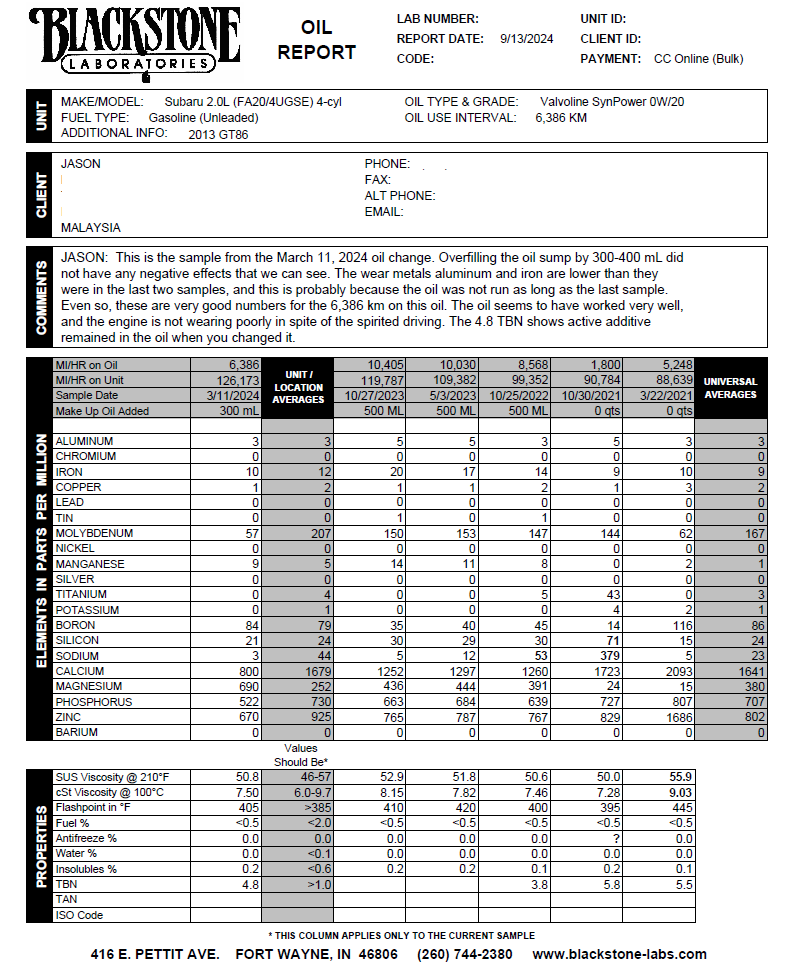
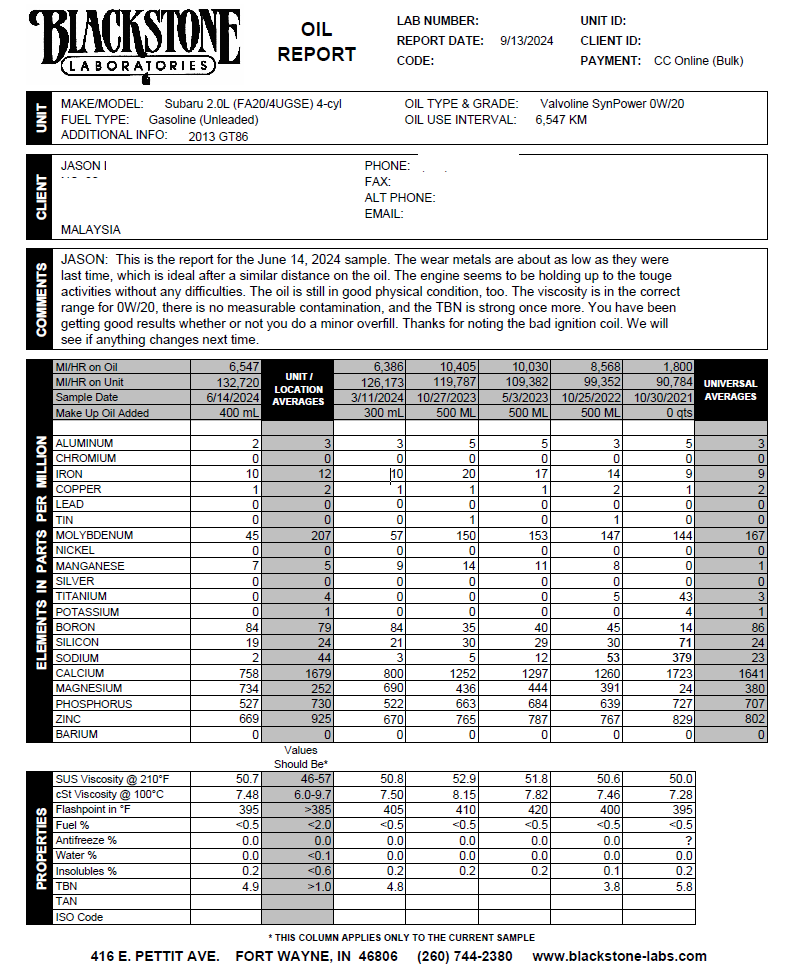
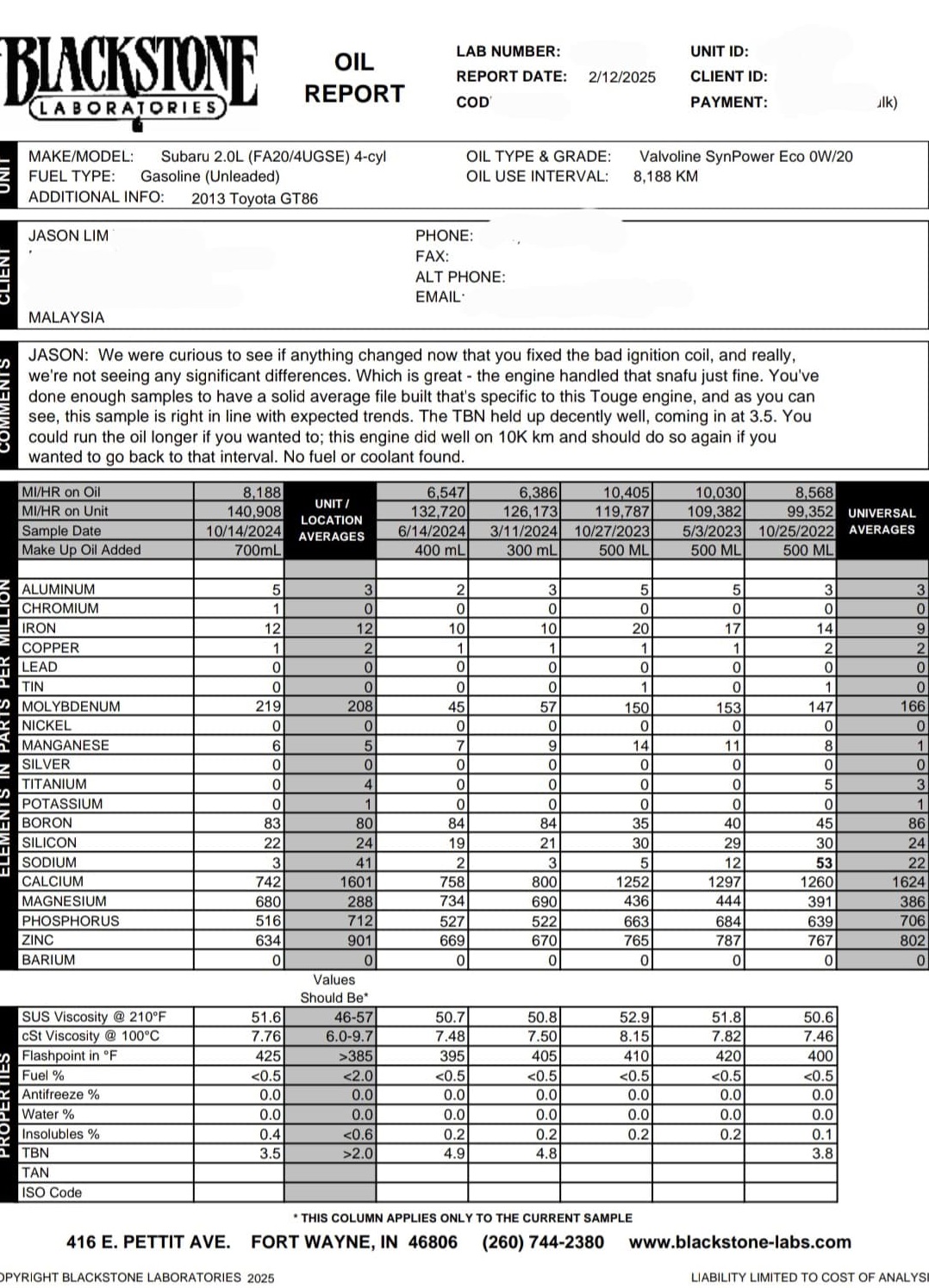
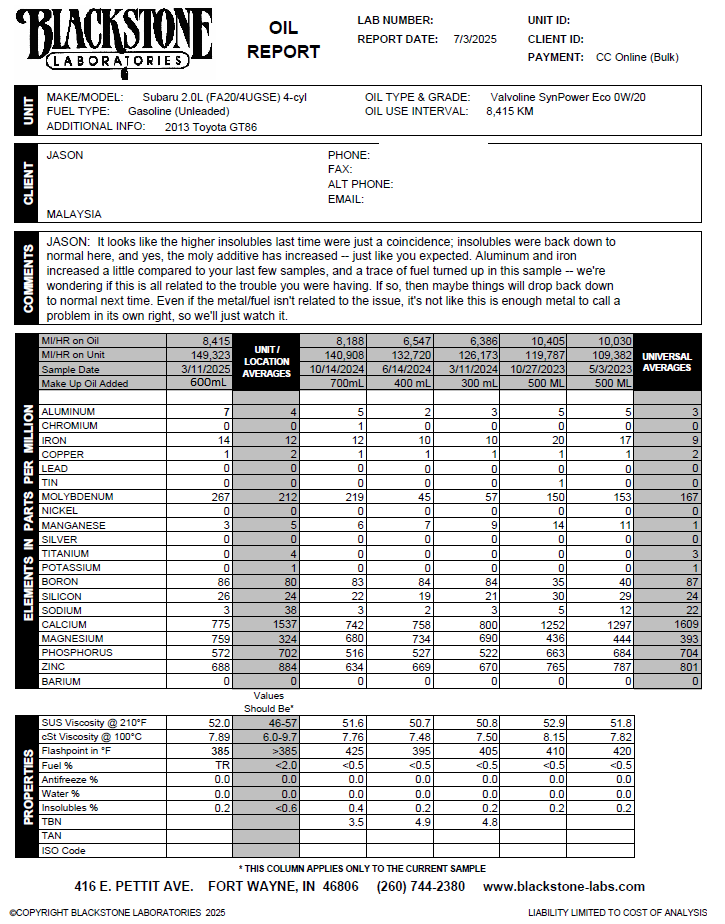
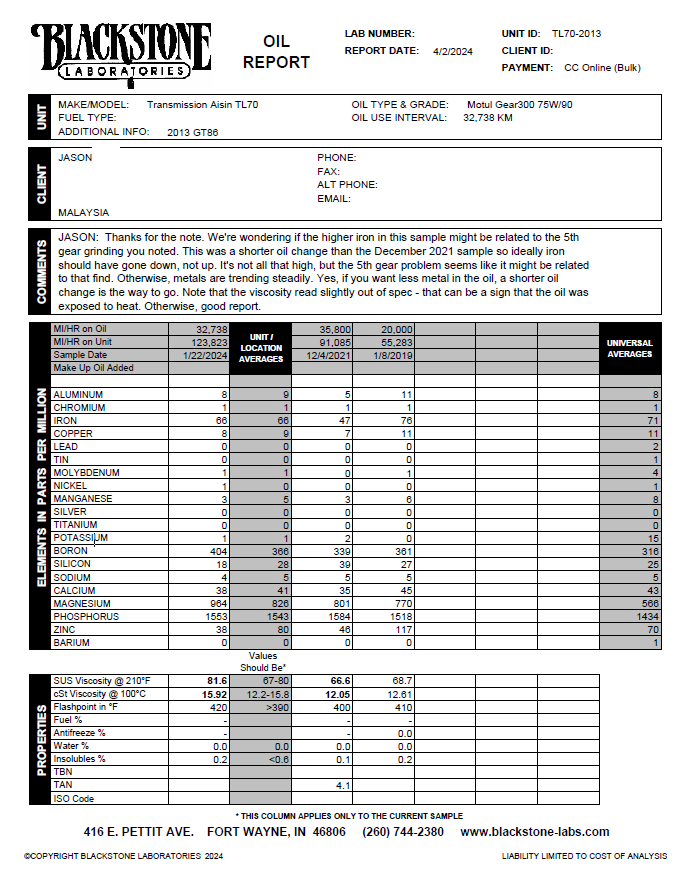
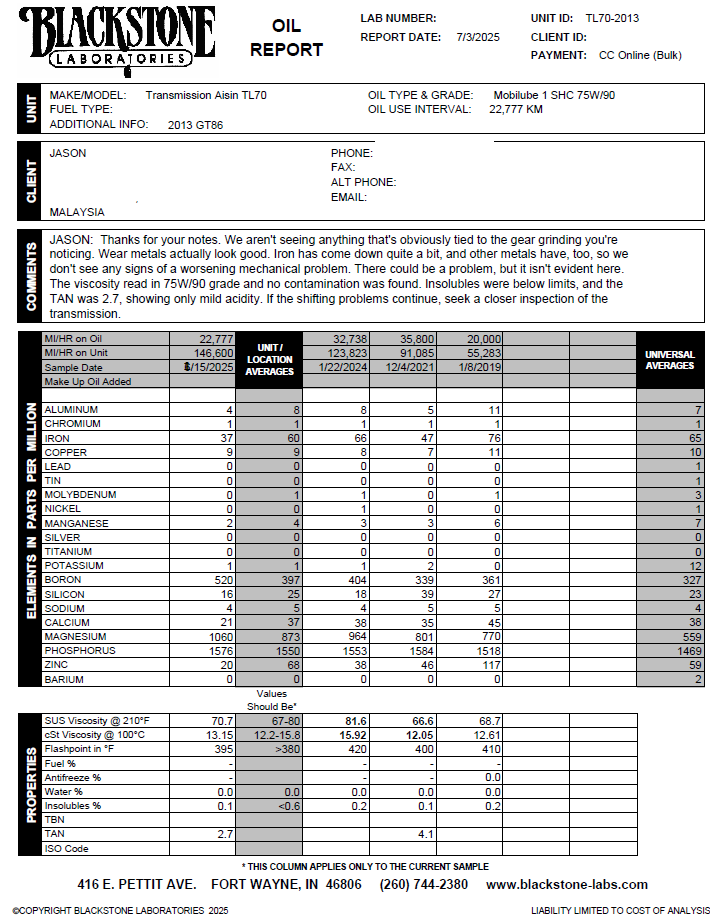
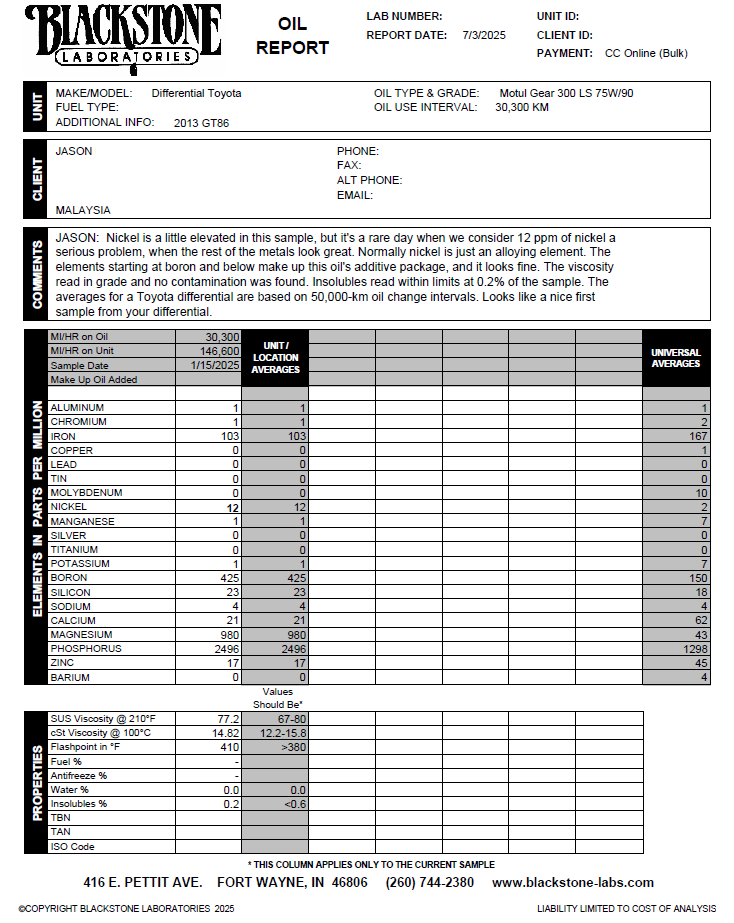
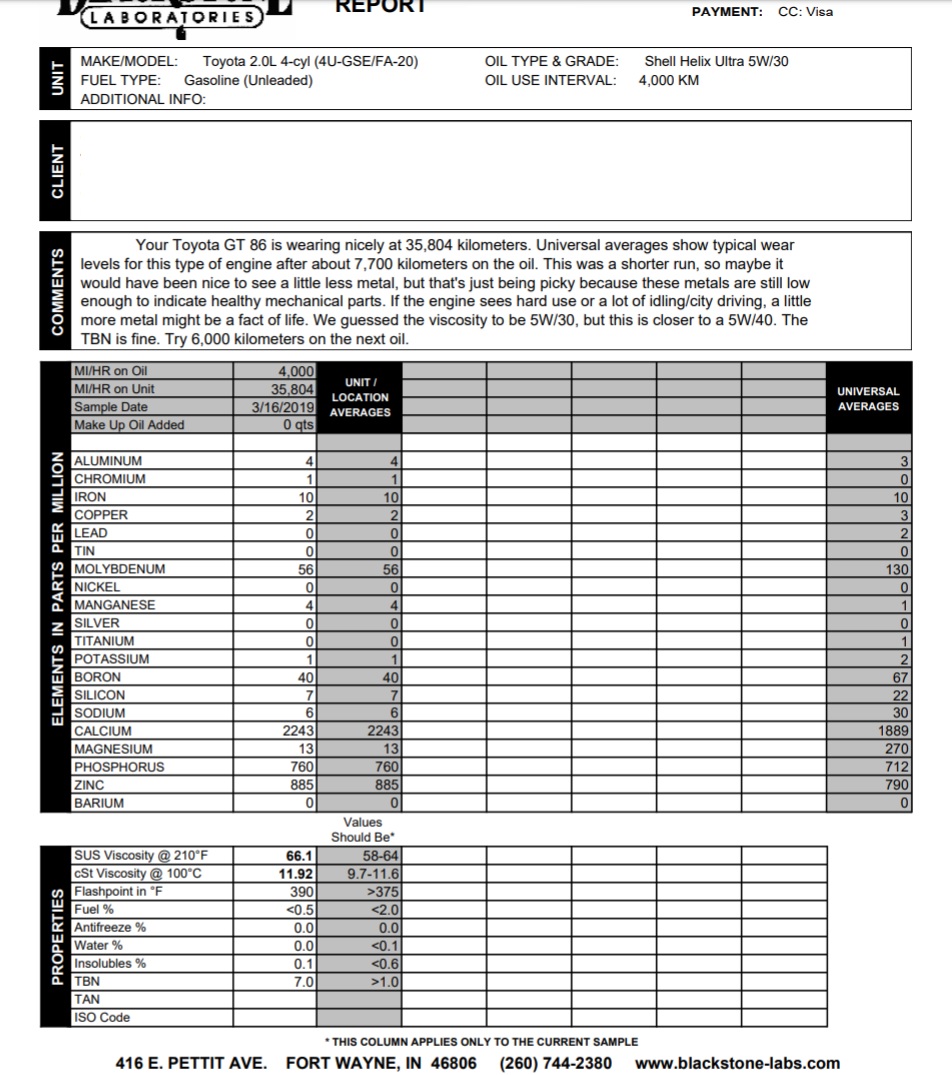
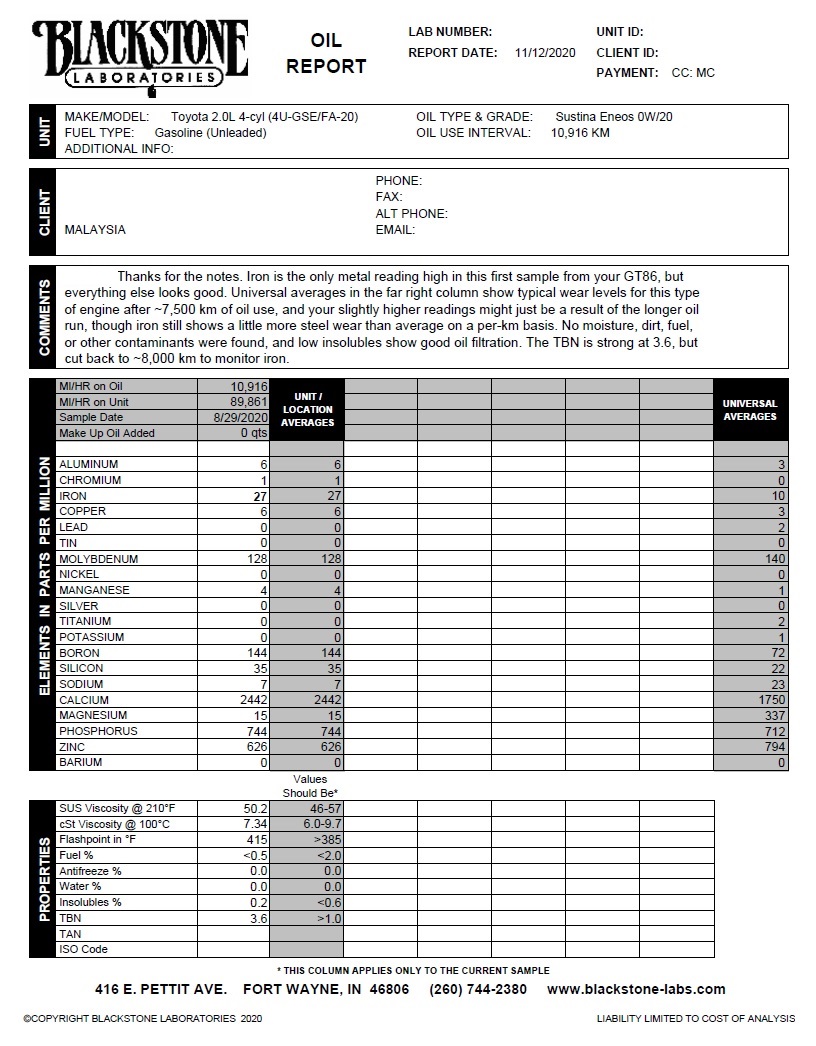
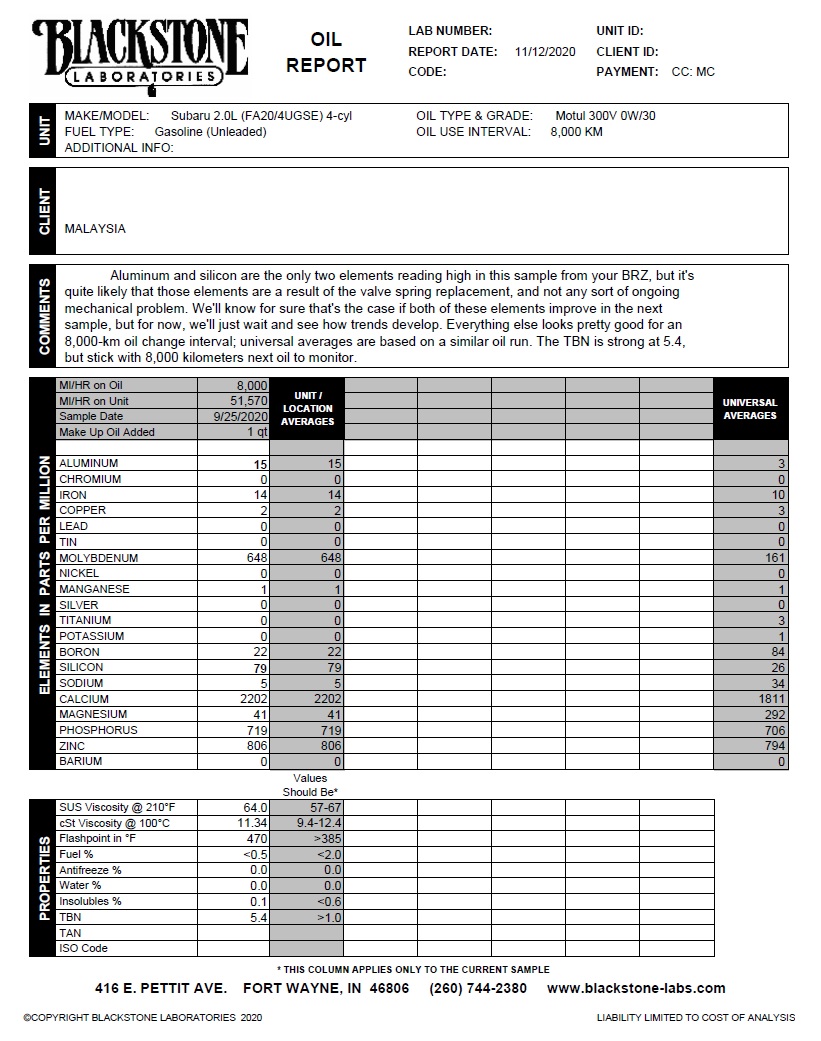
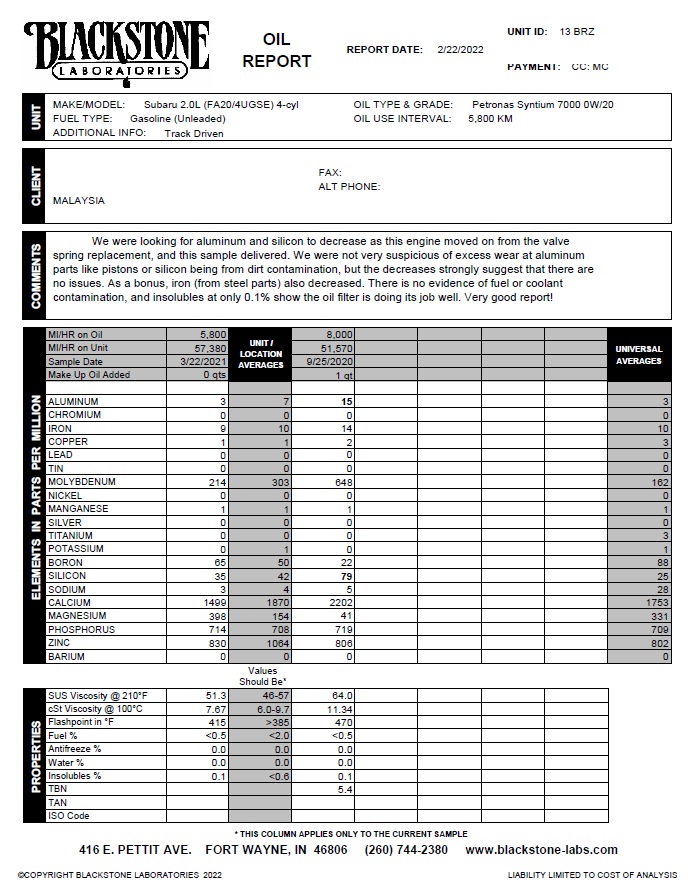
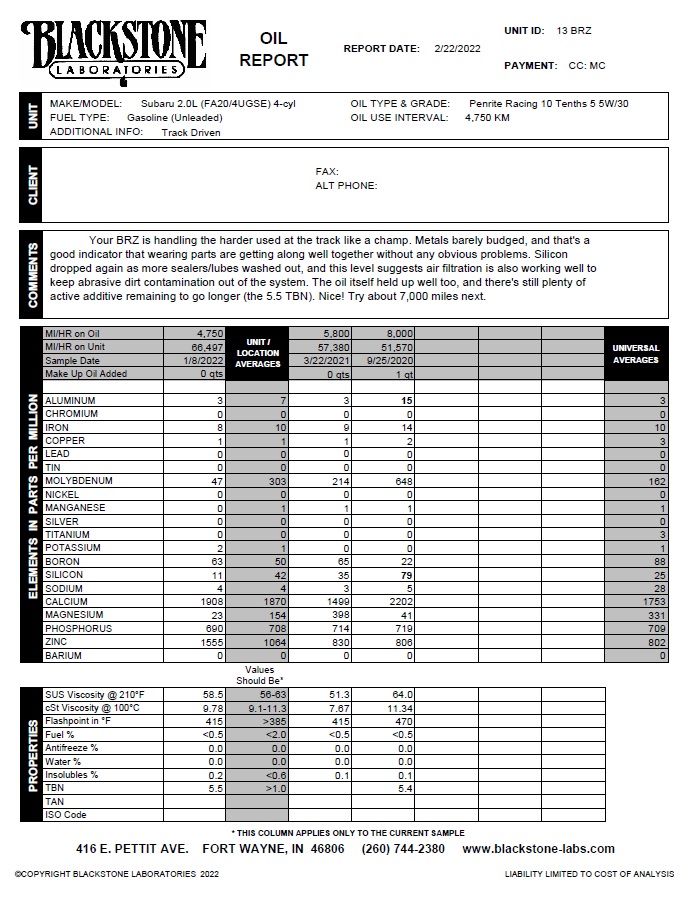
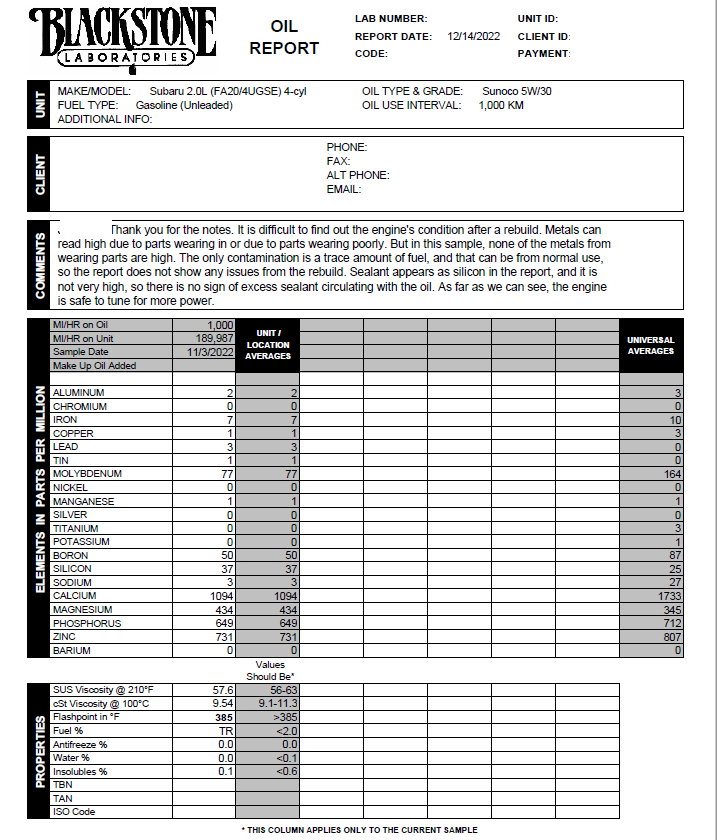
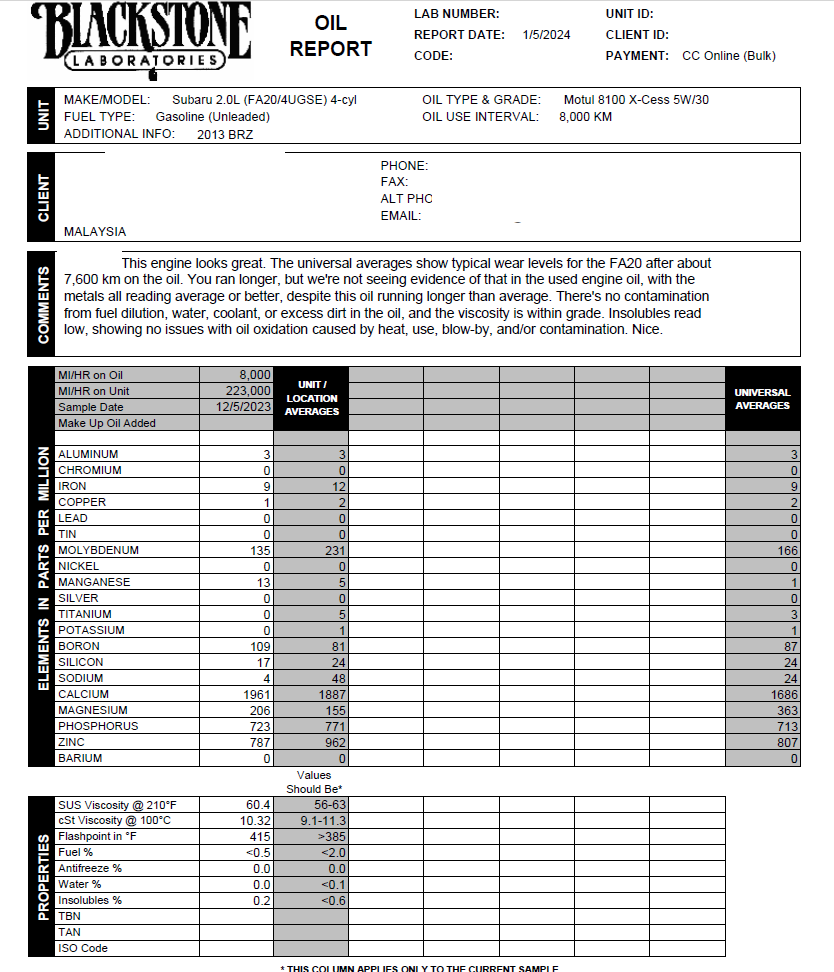
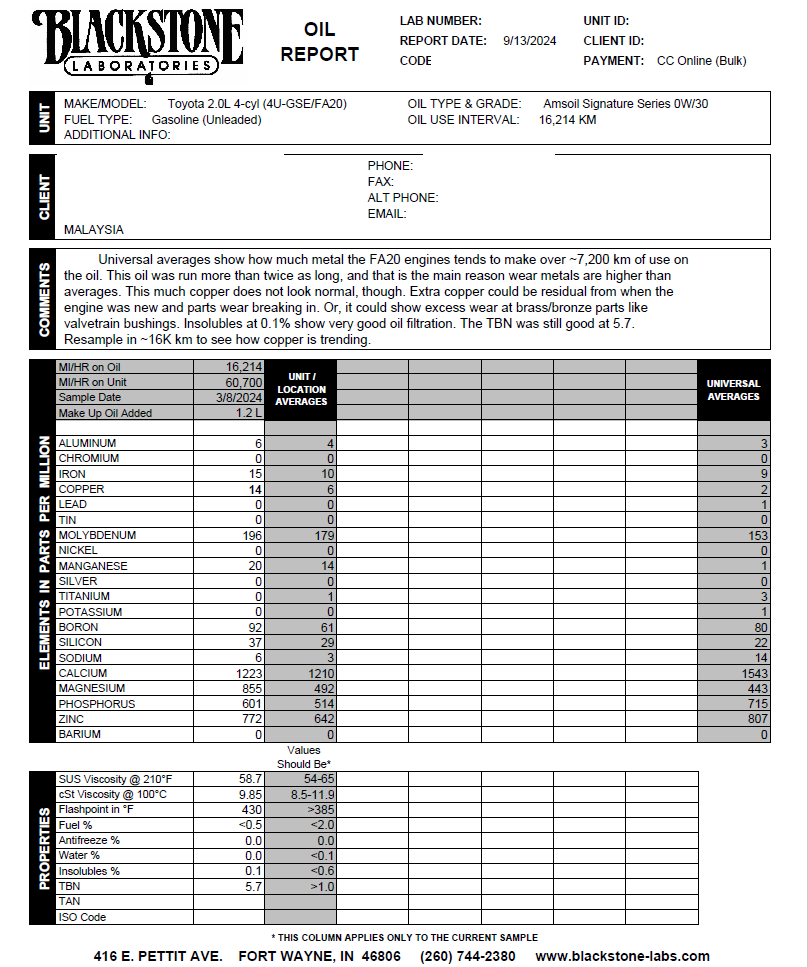
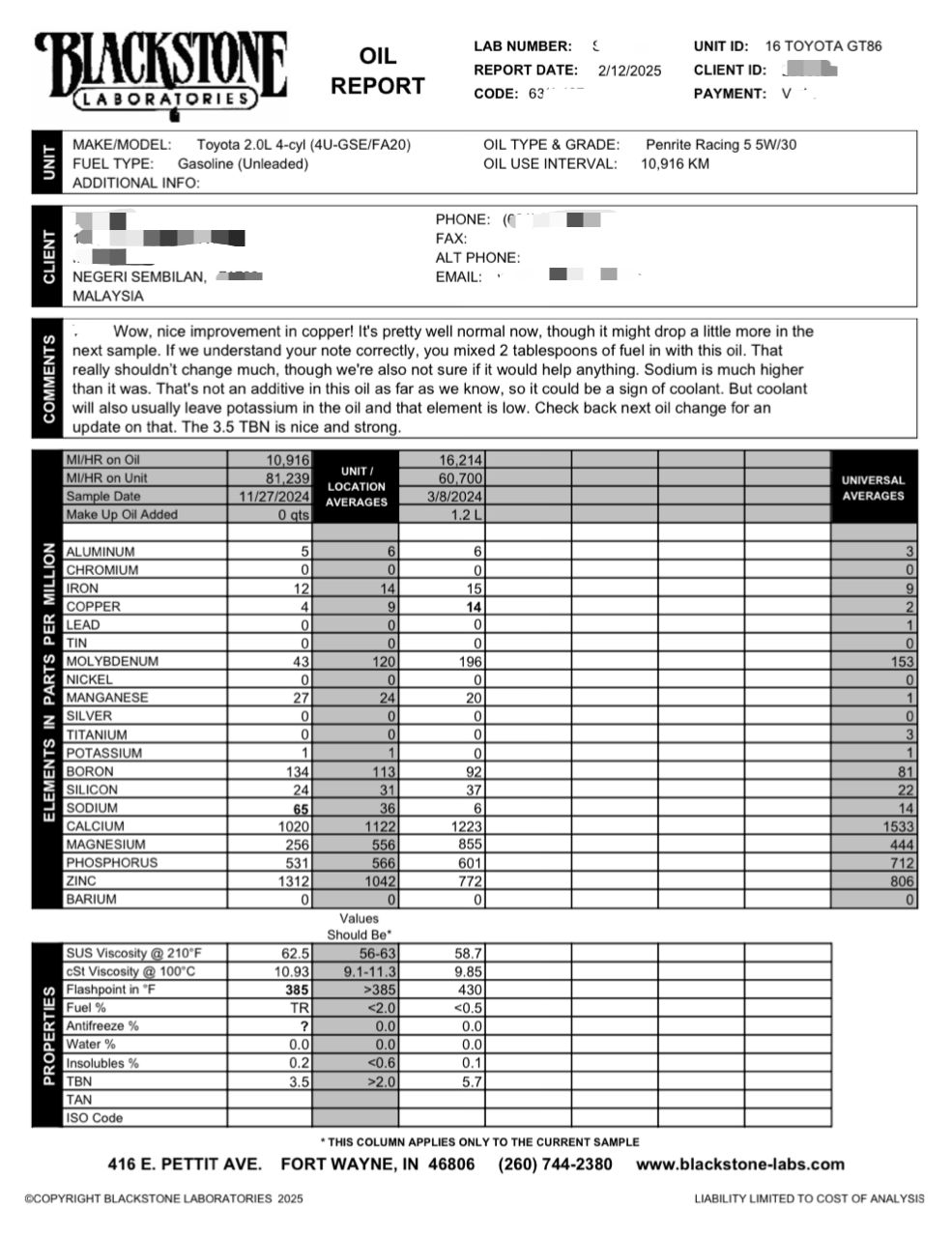
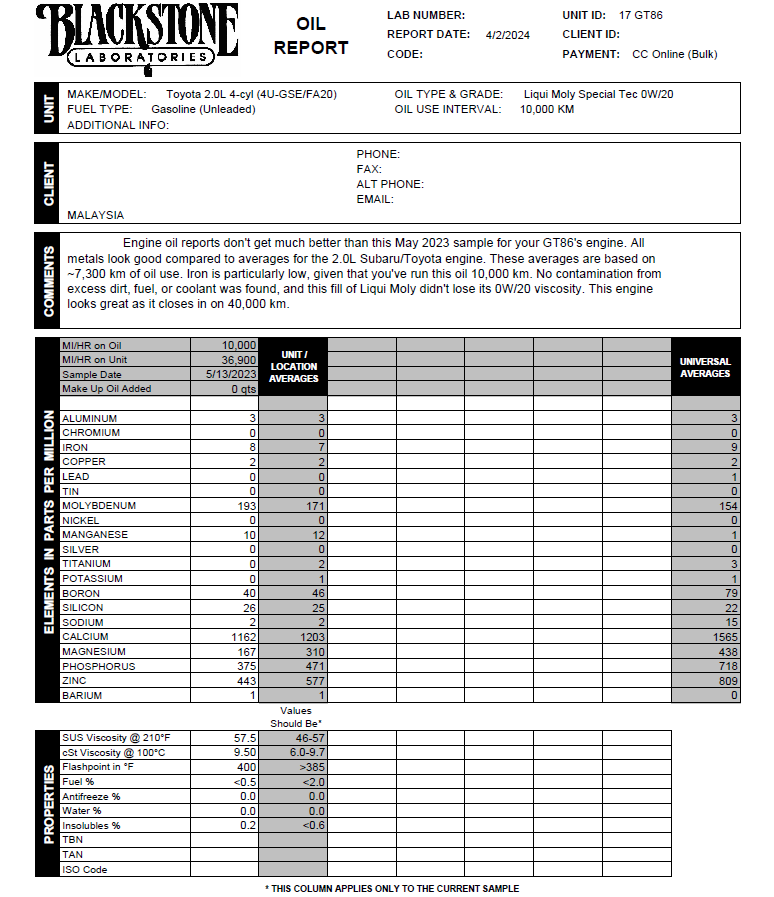
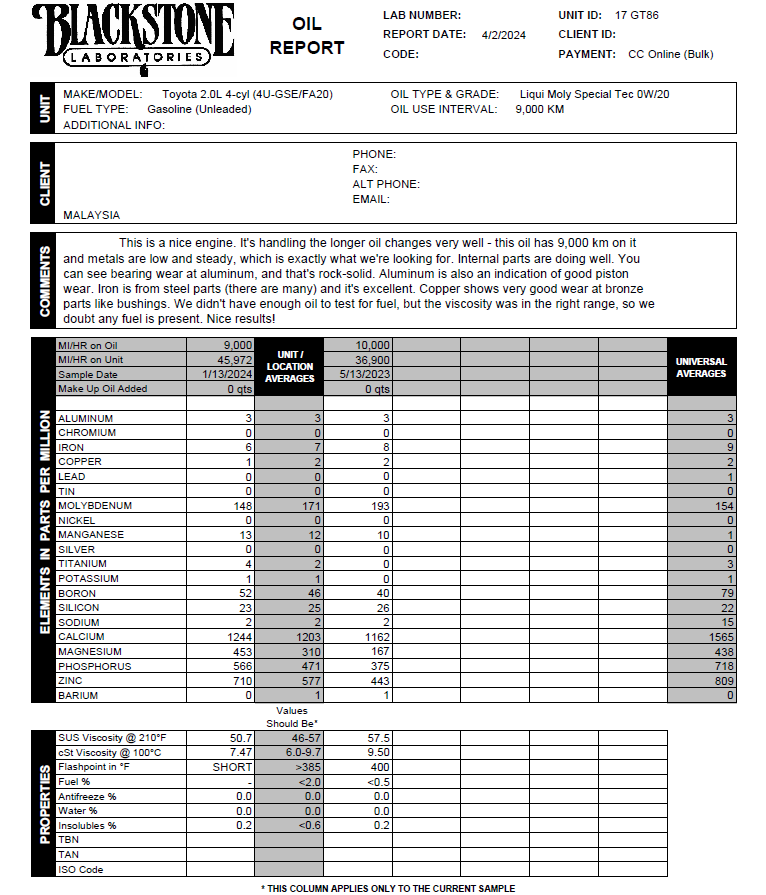
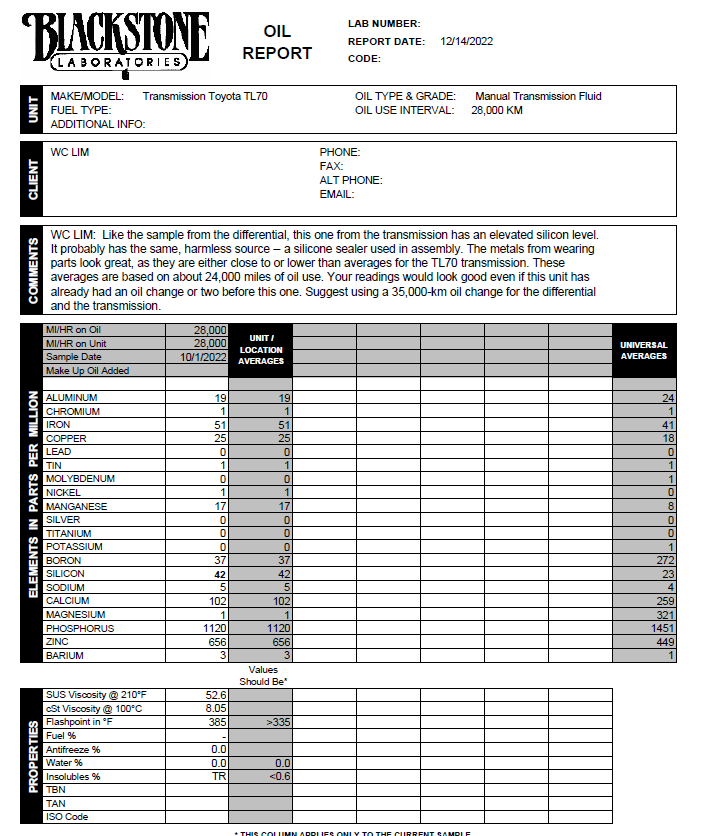
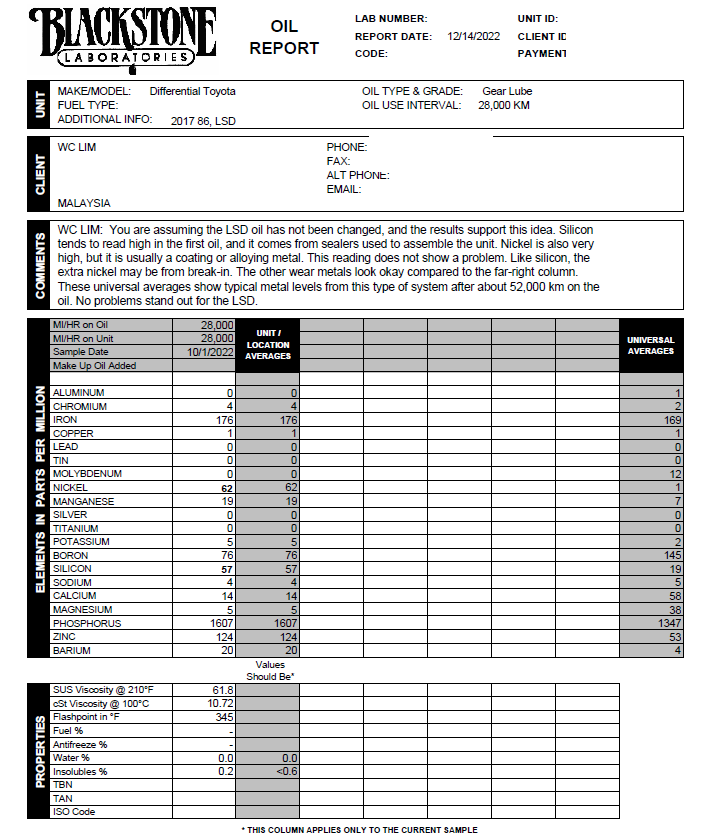

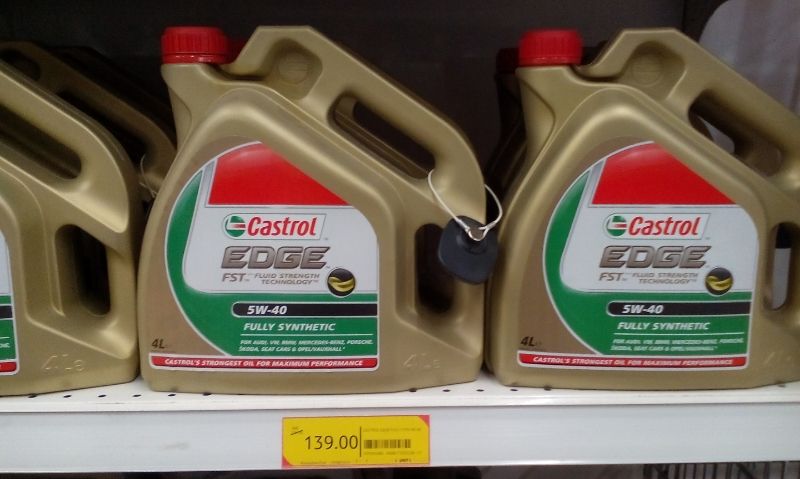
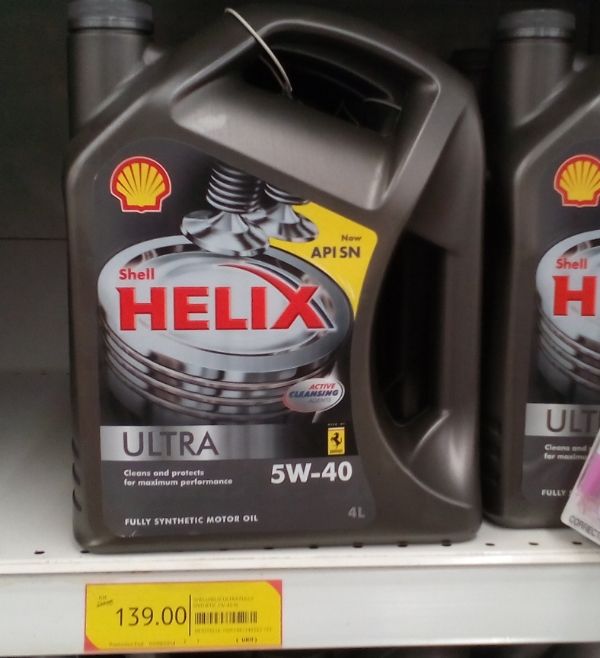







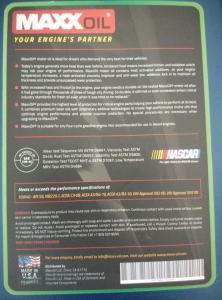


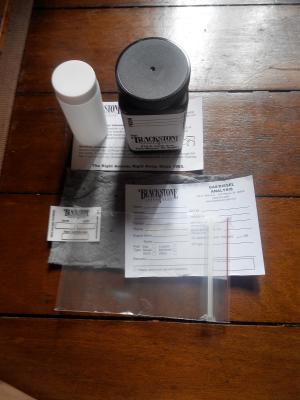


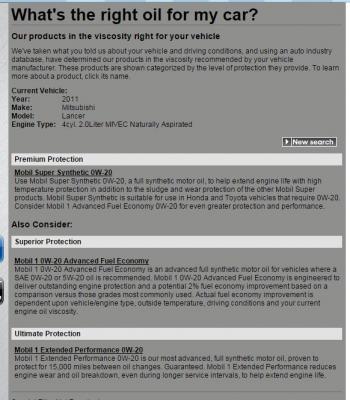

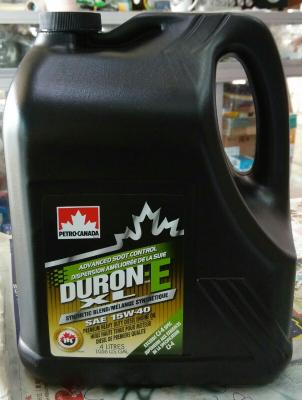


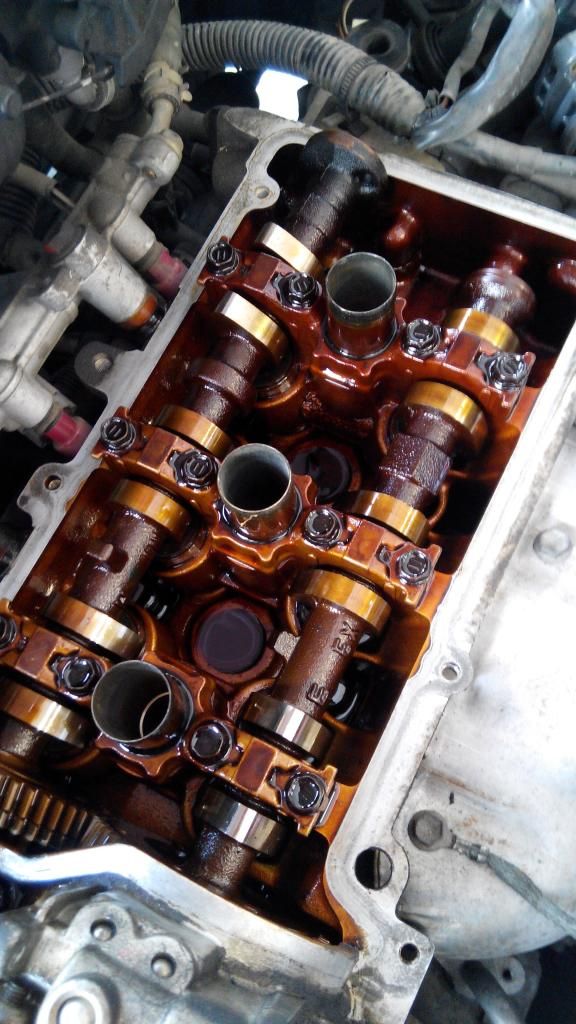

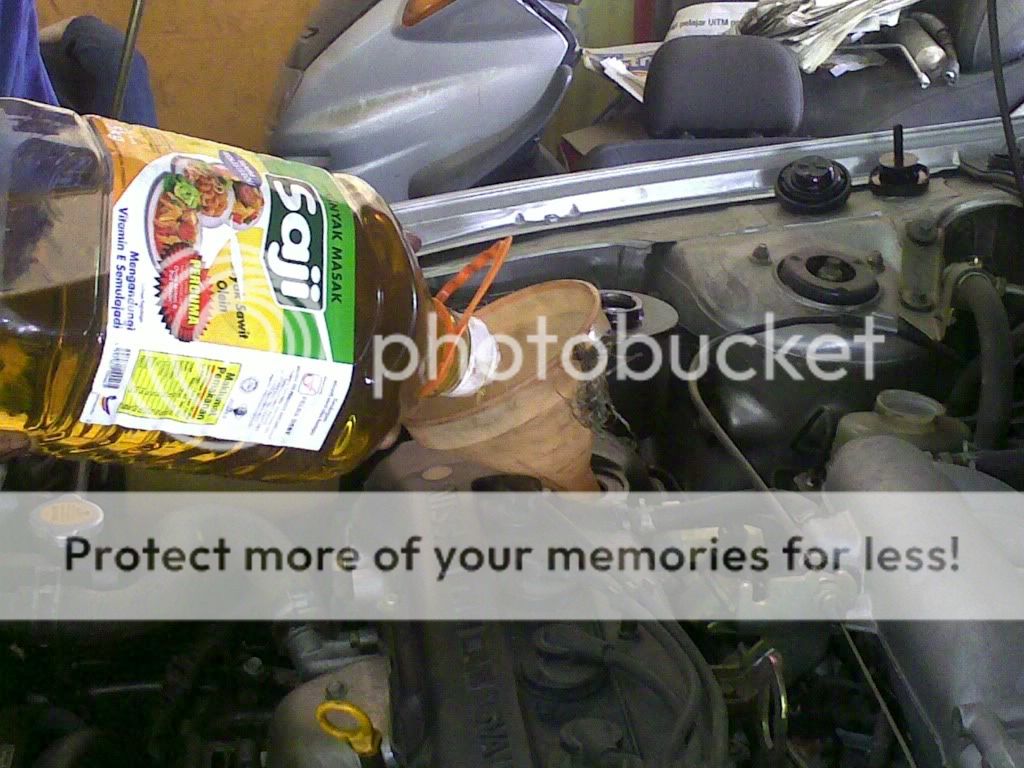

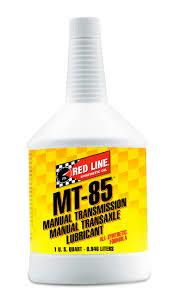






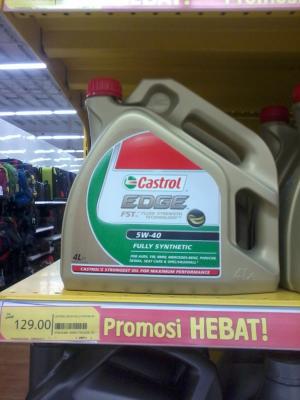




 0.3012sec
0.3012sec
 0.62
0.62
 6 queries
6 queries
 GZIP Disabled
GZIP Disabled